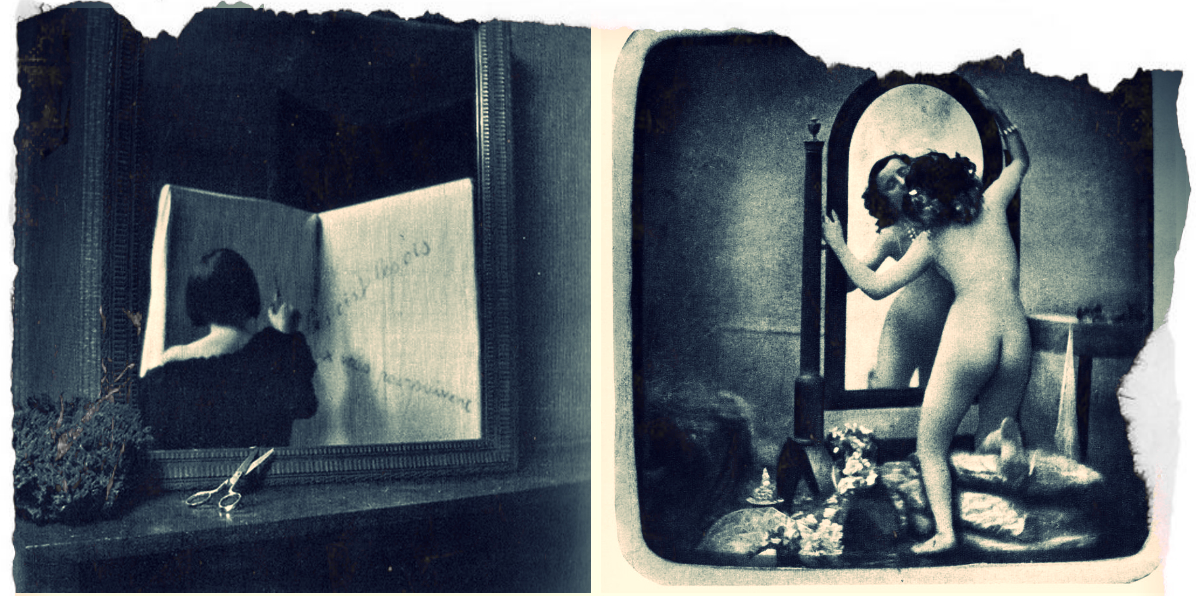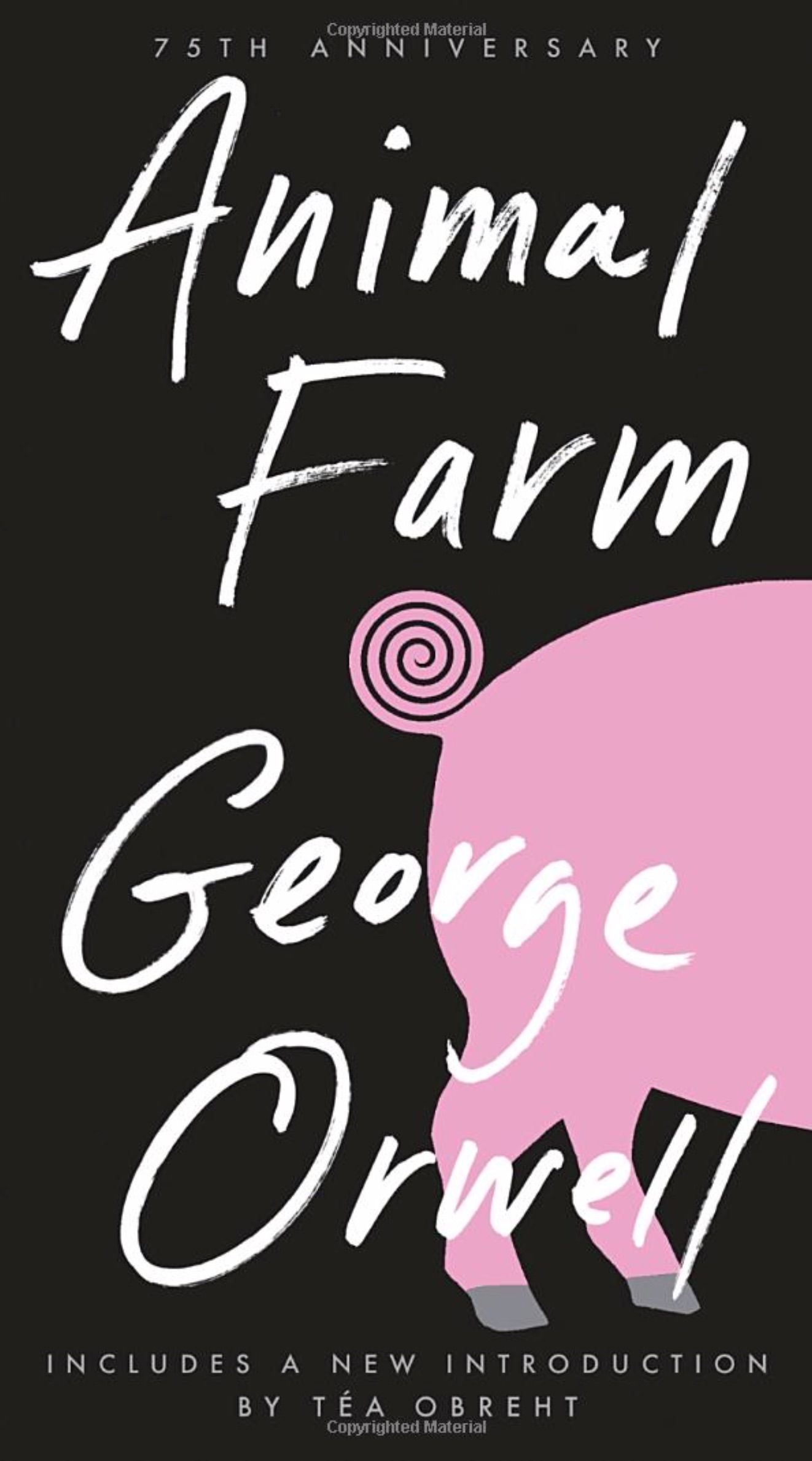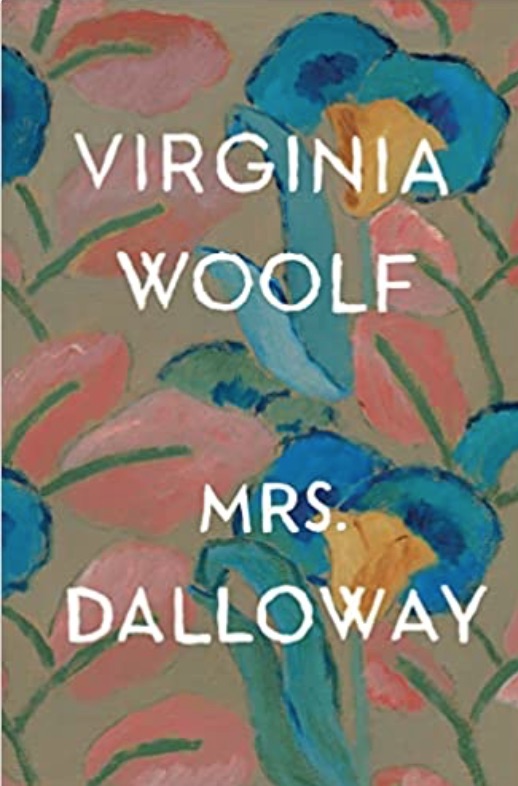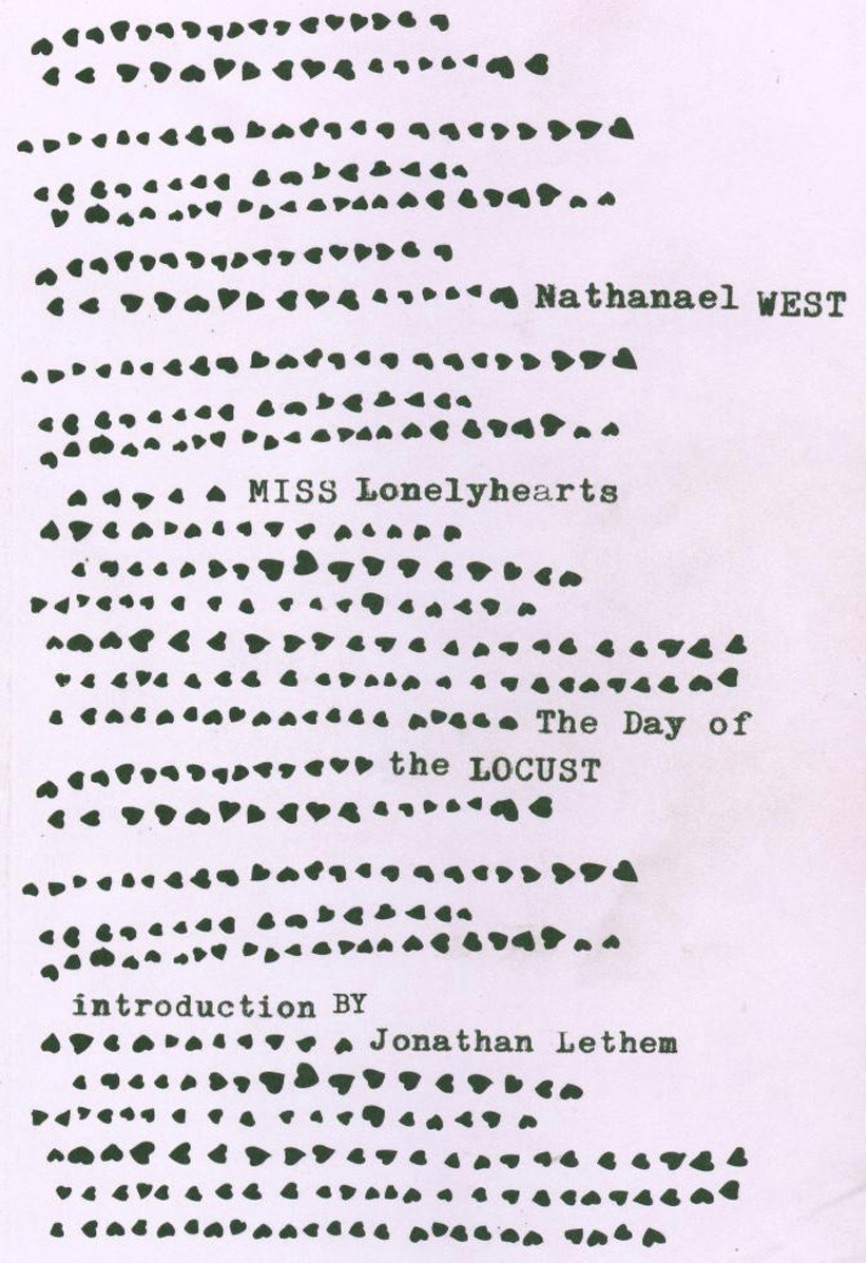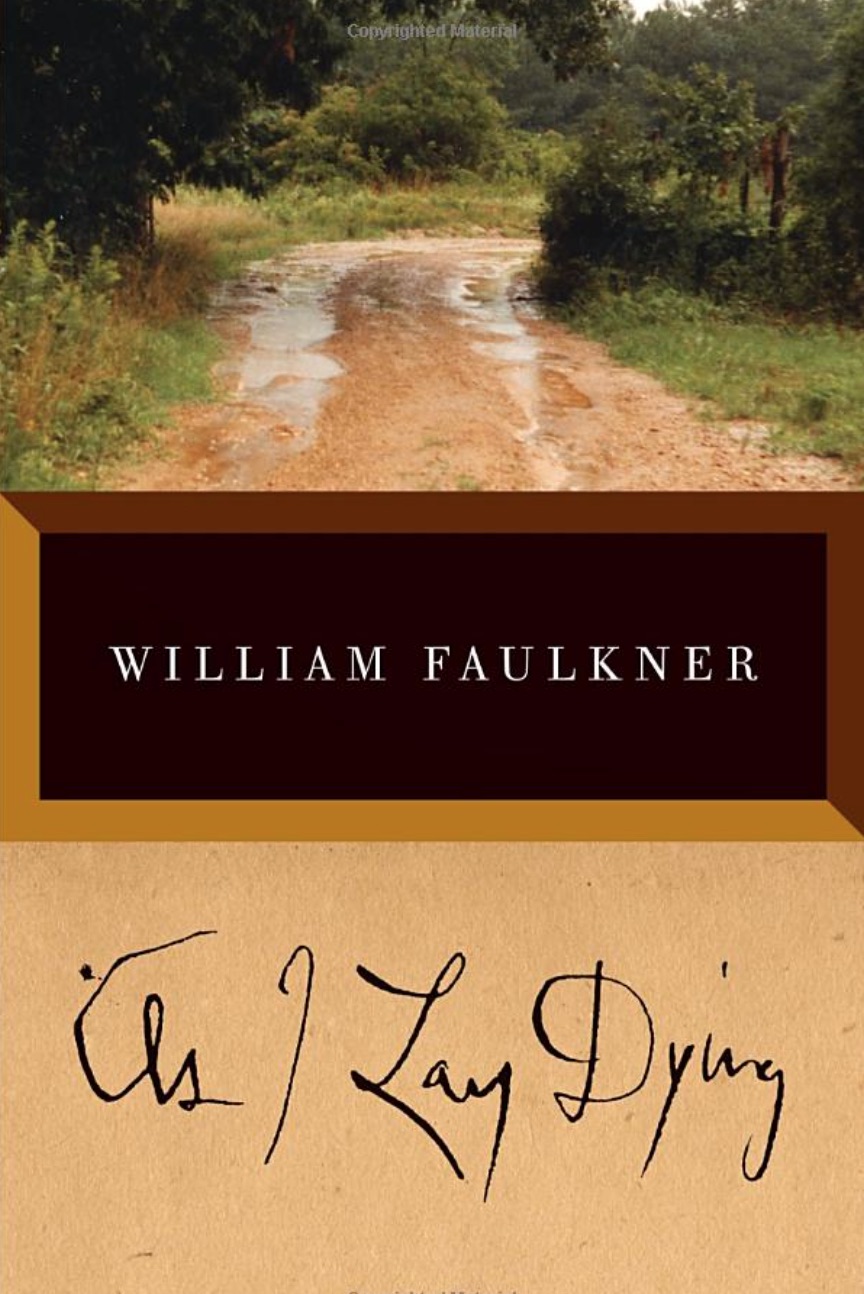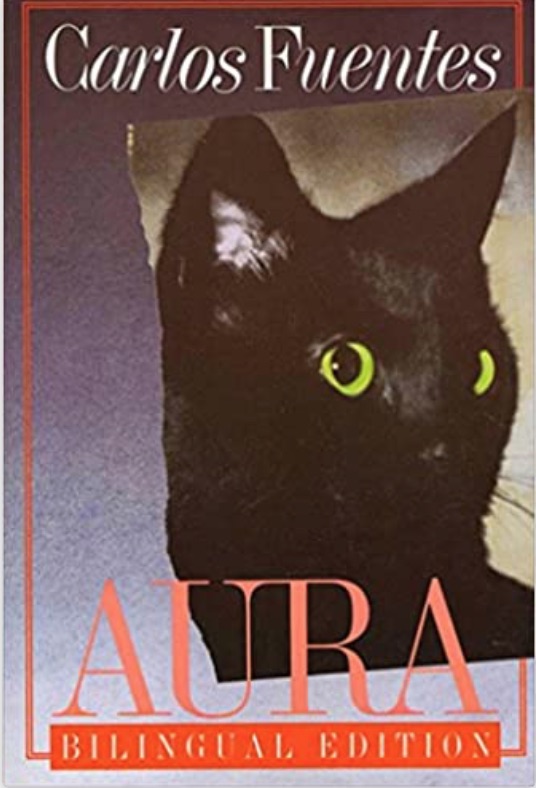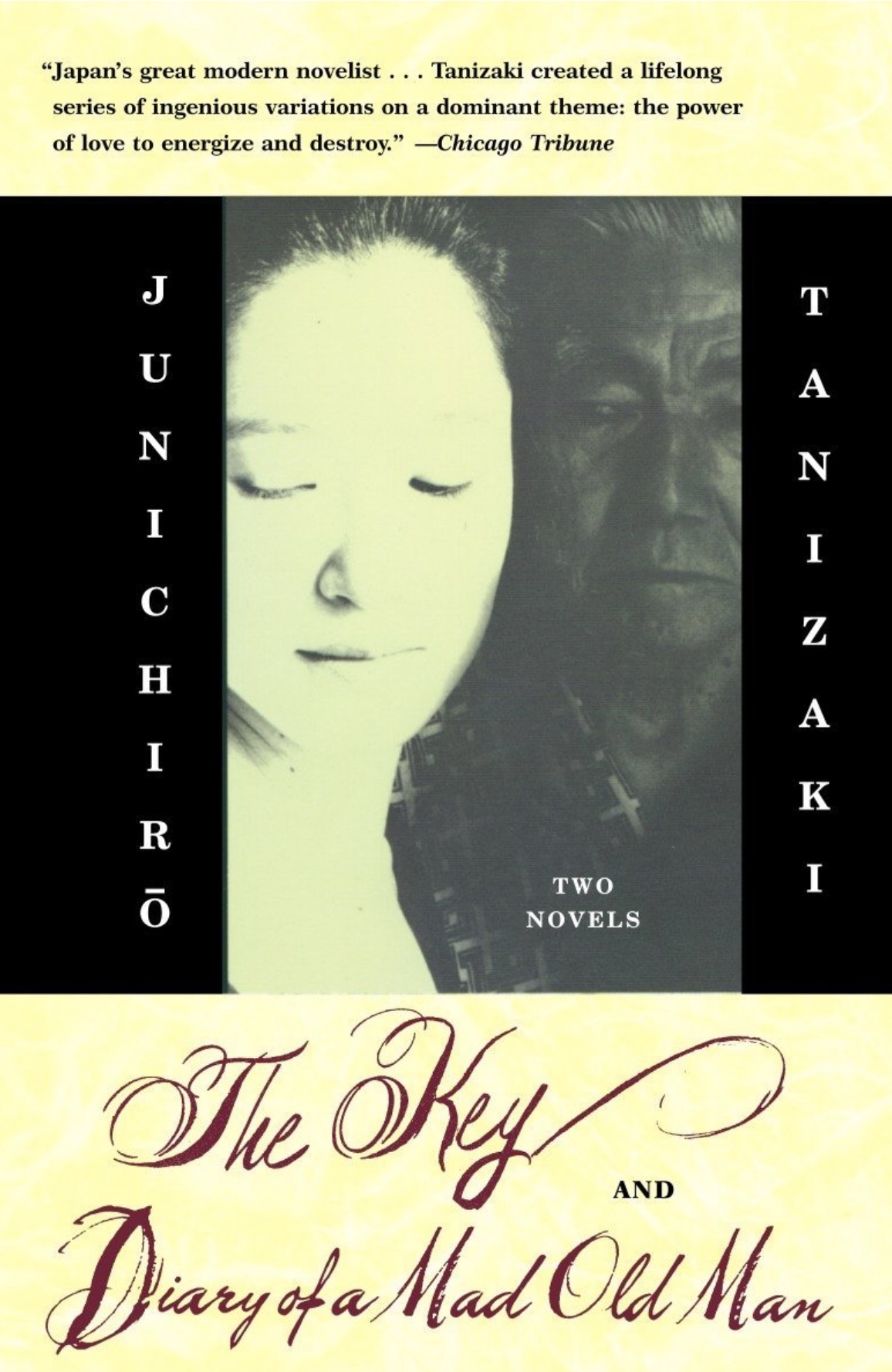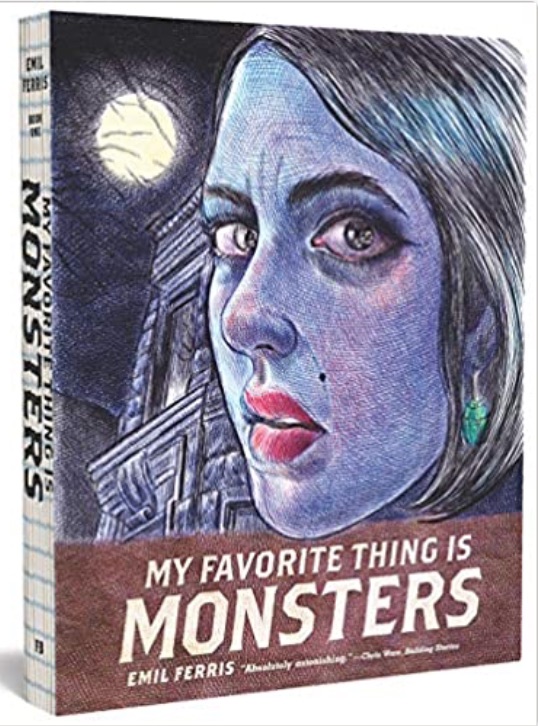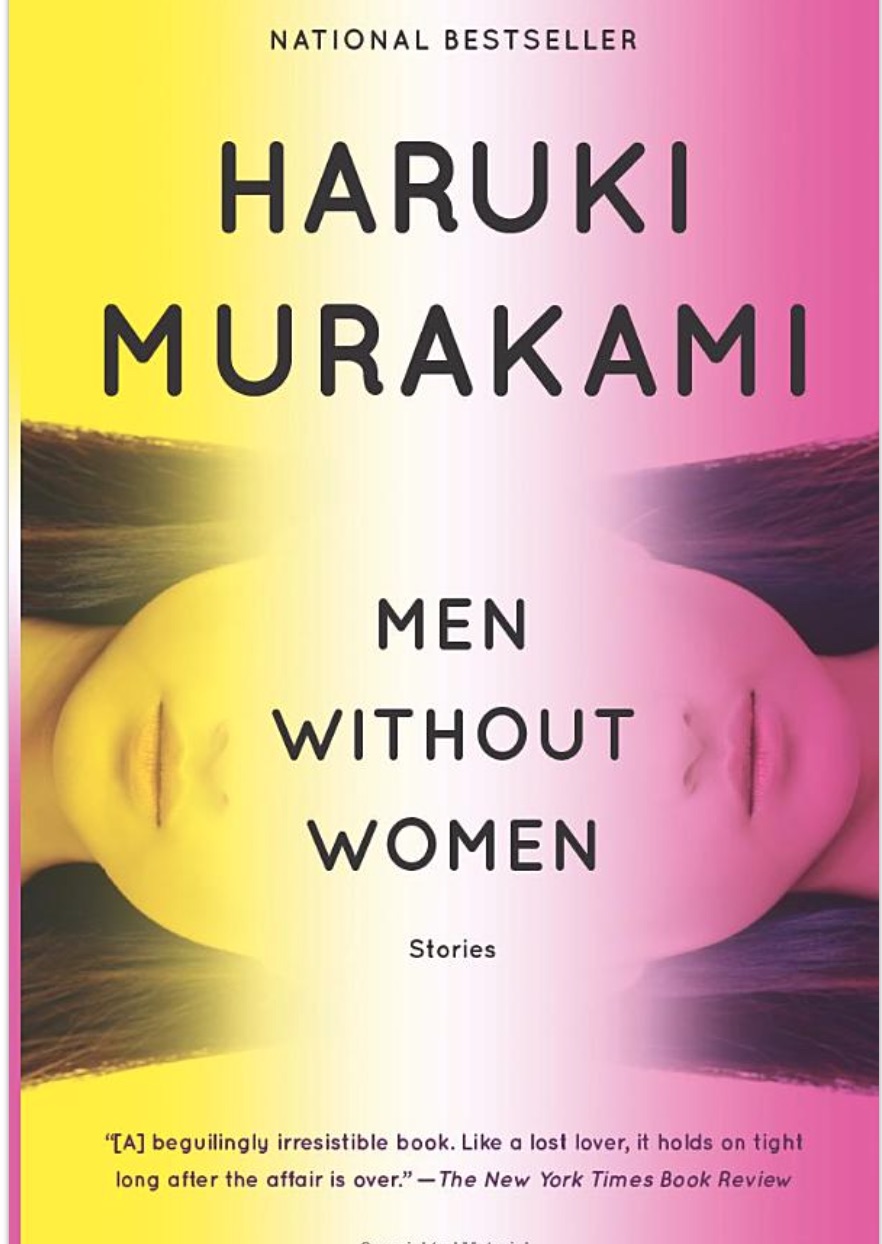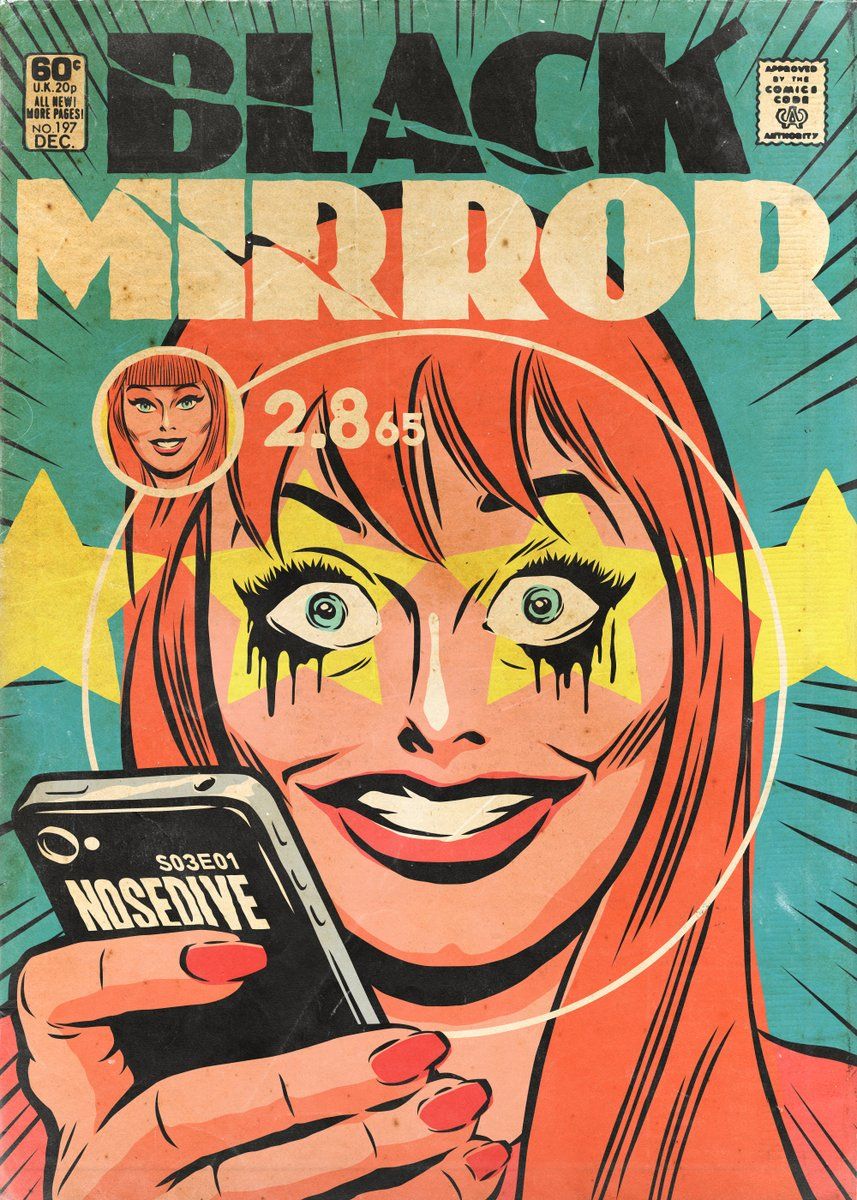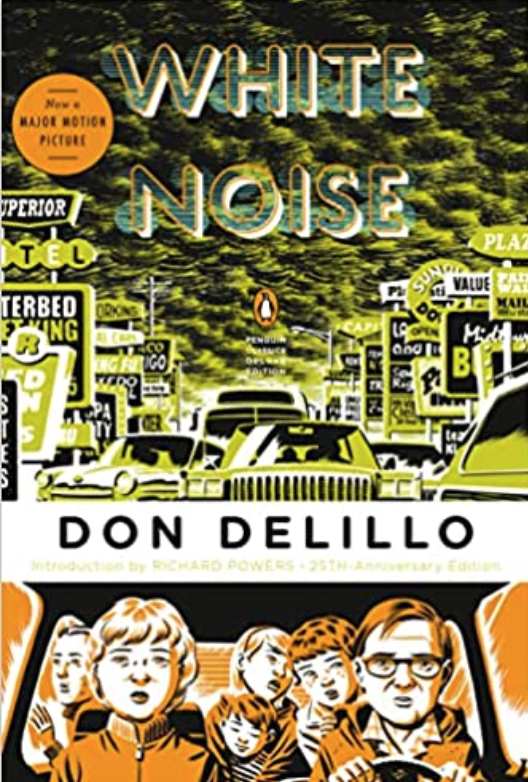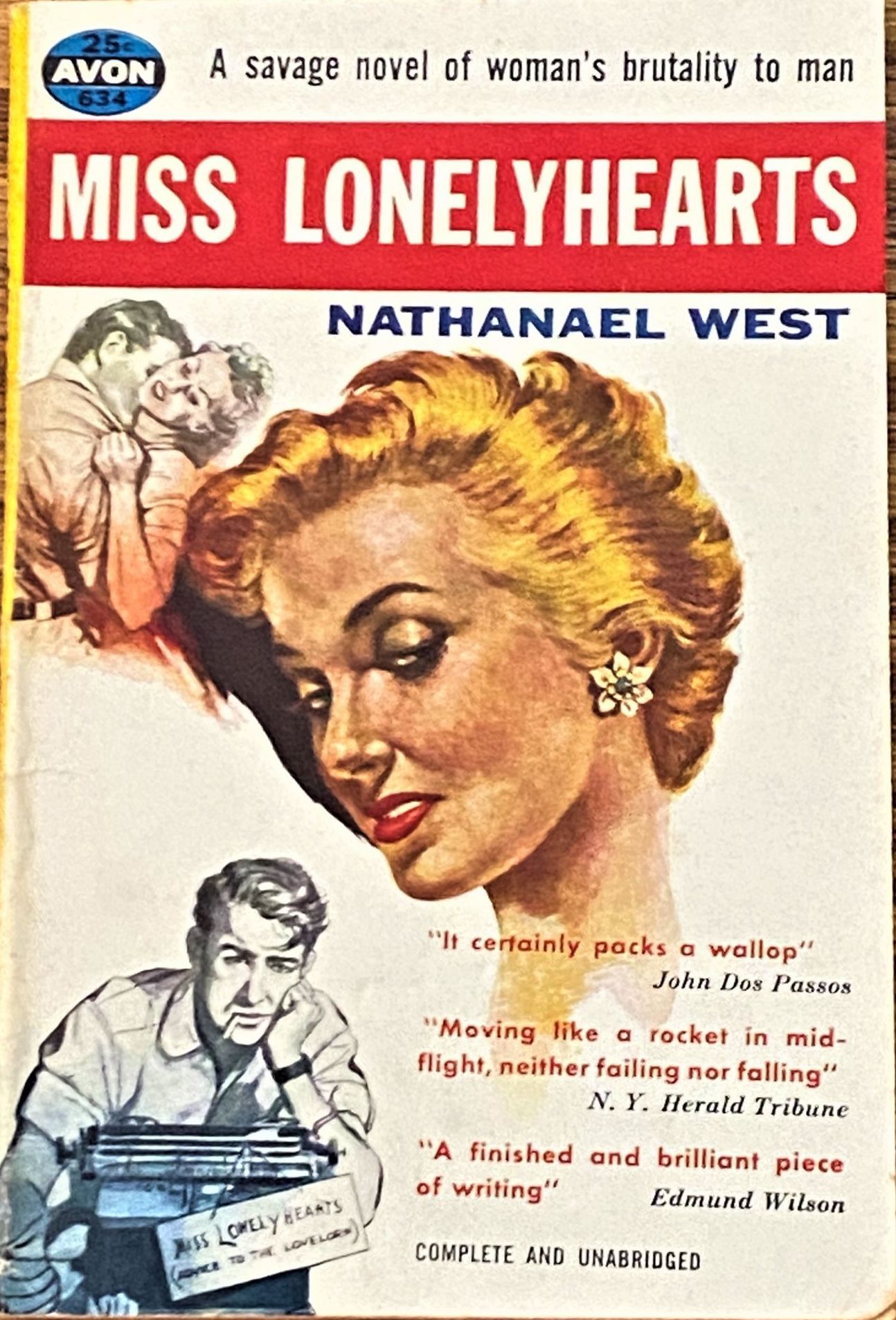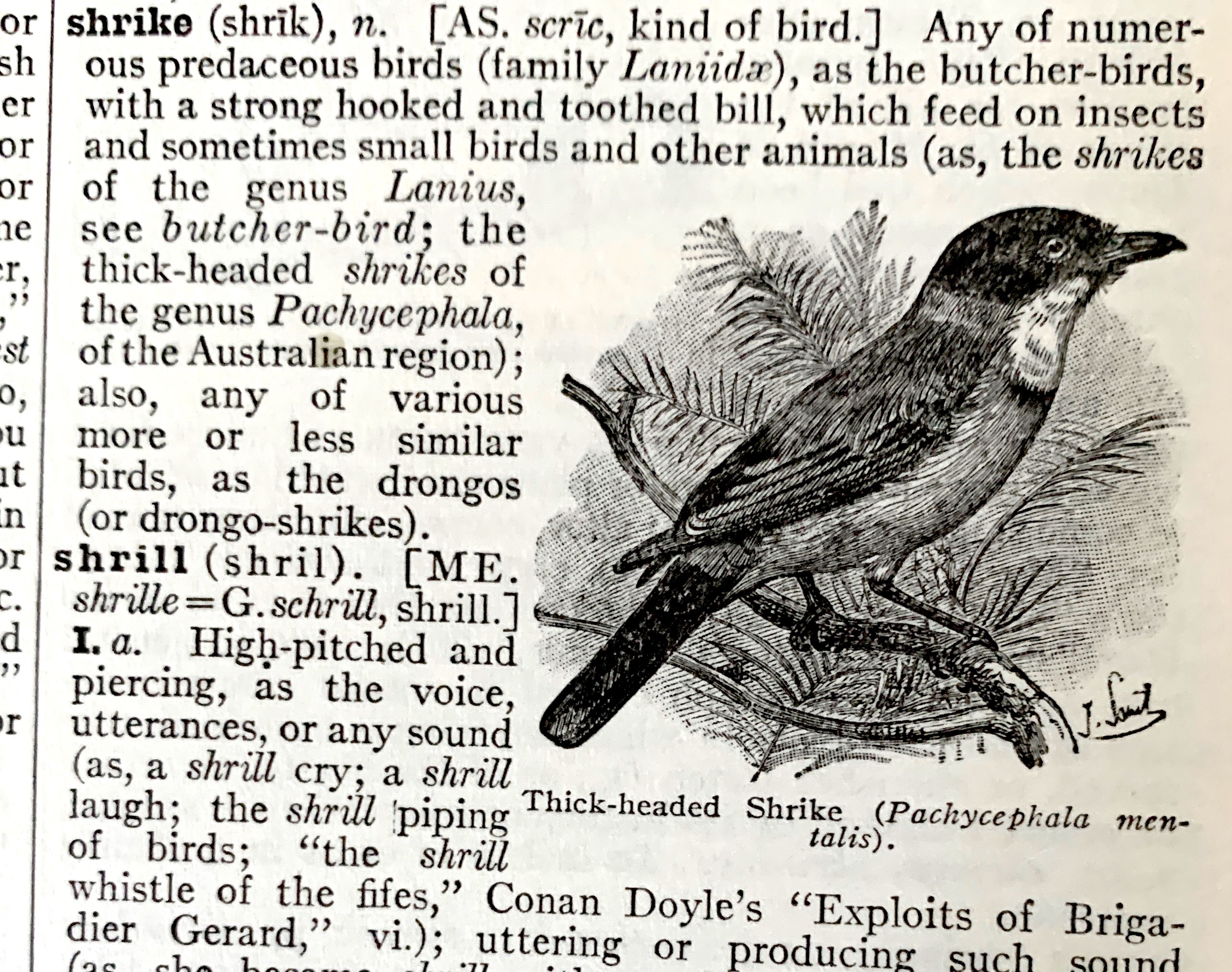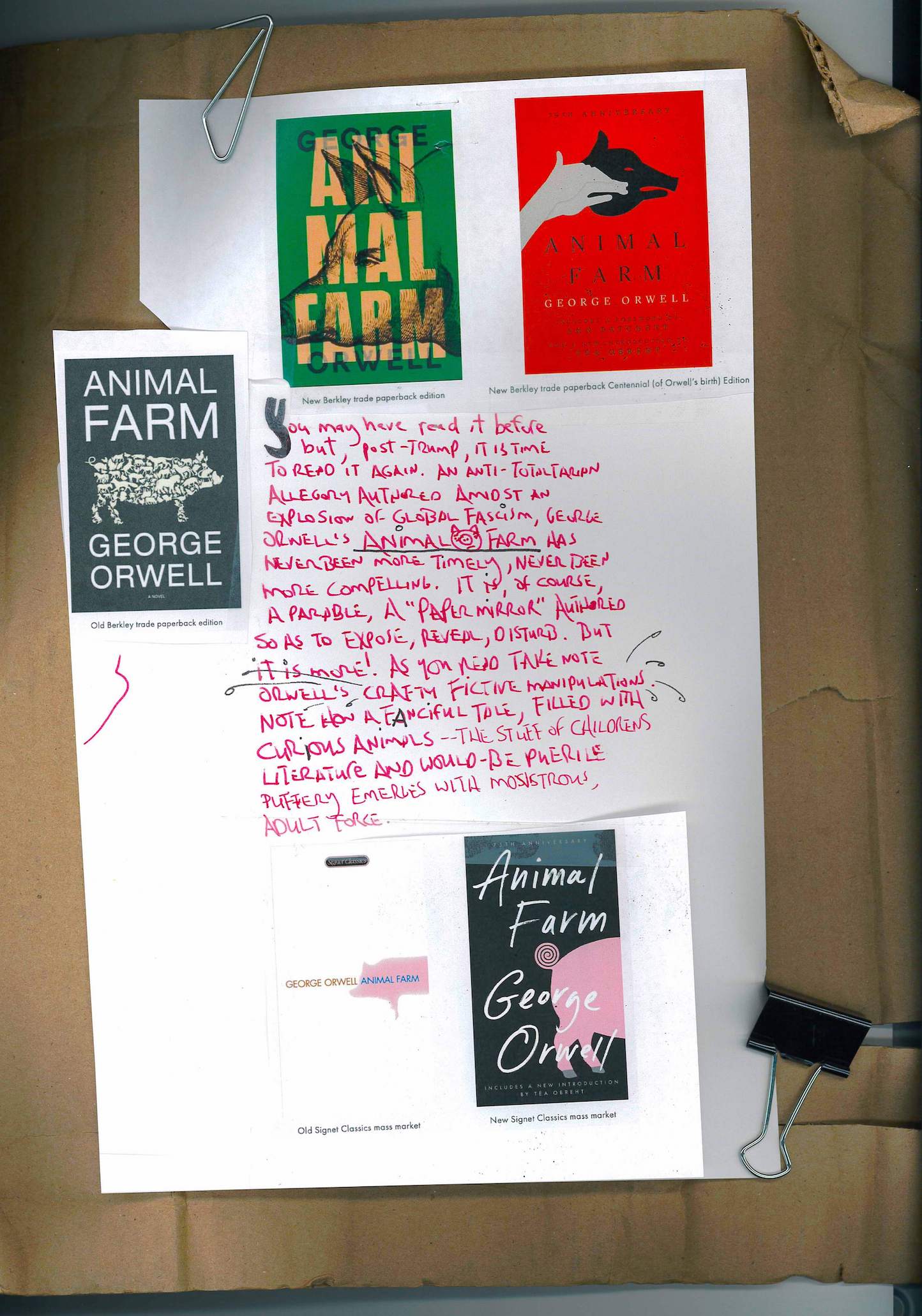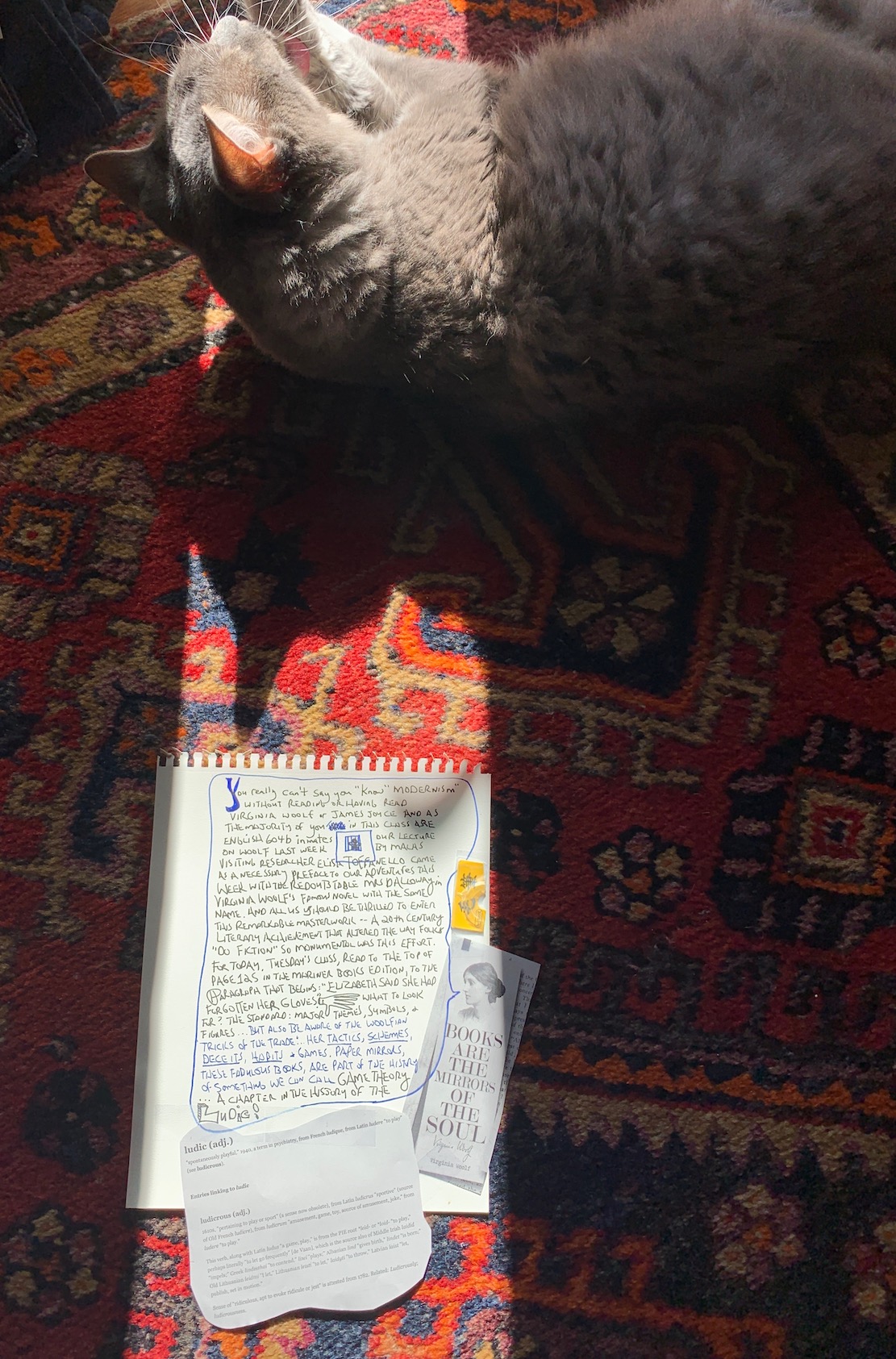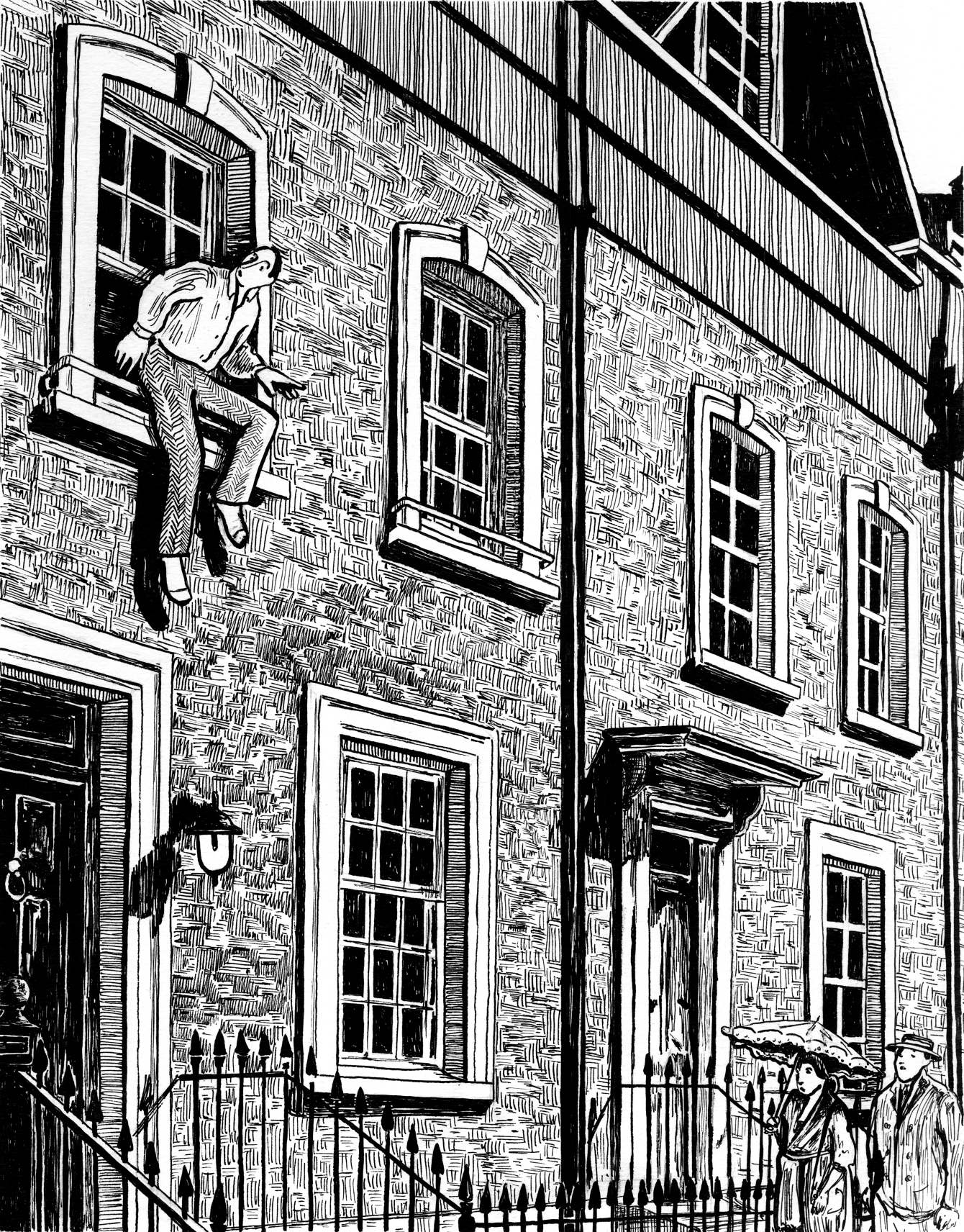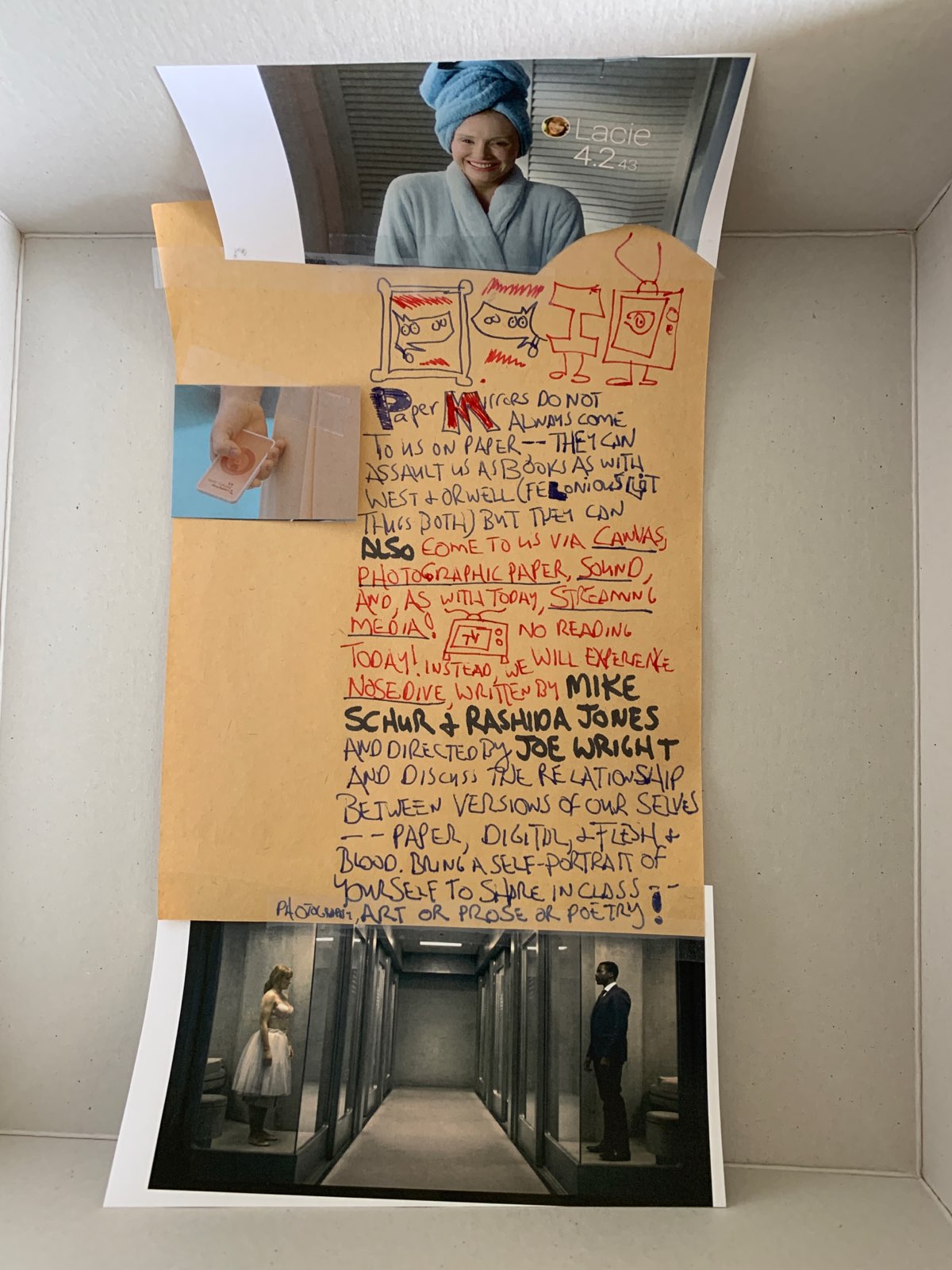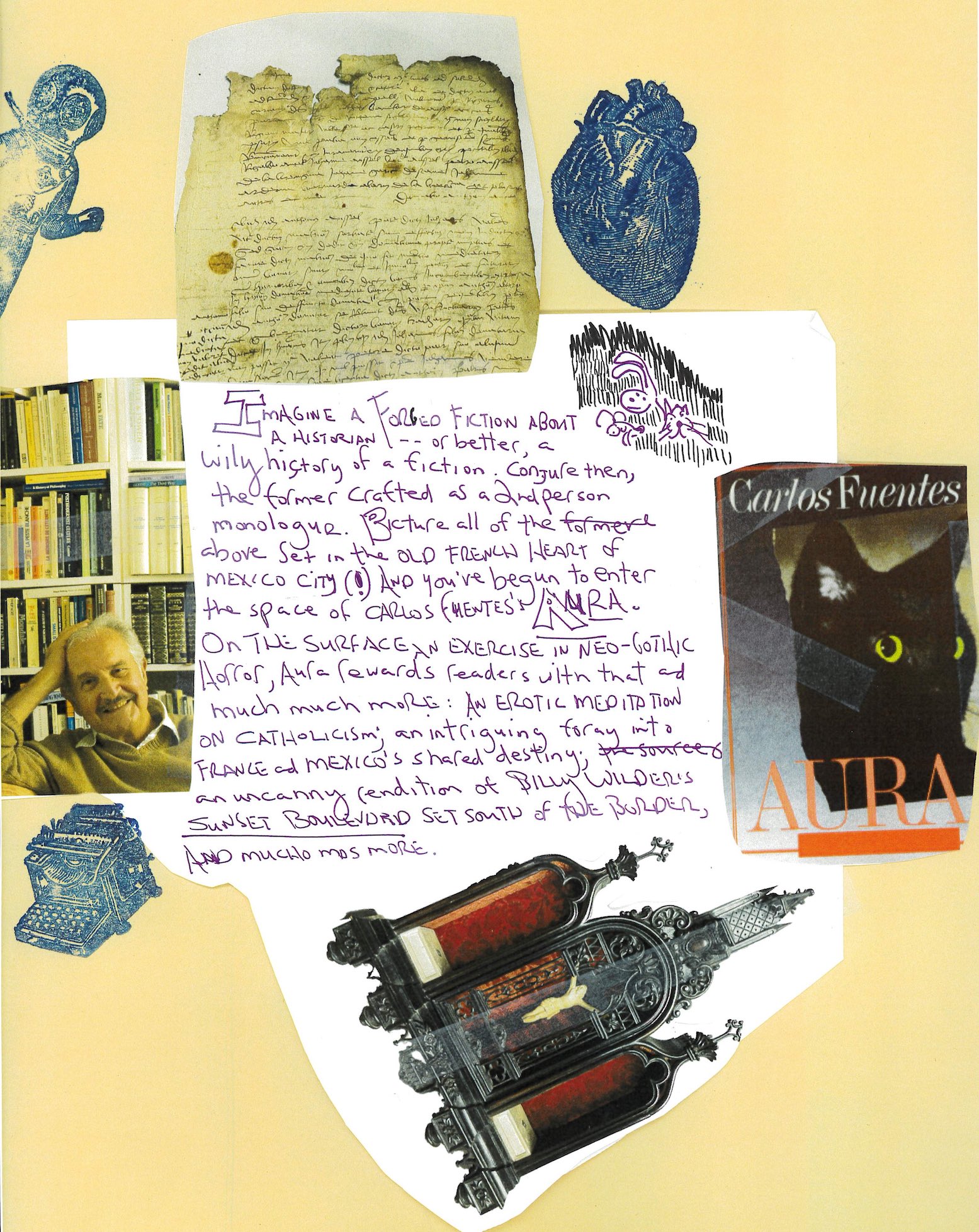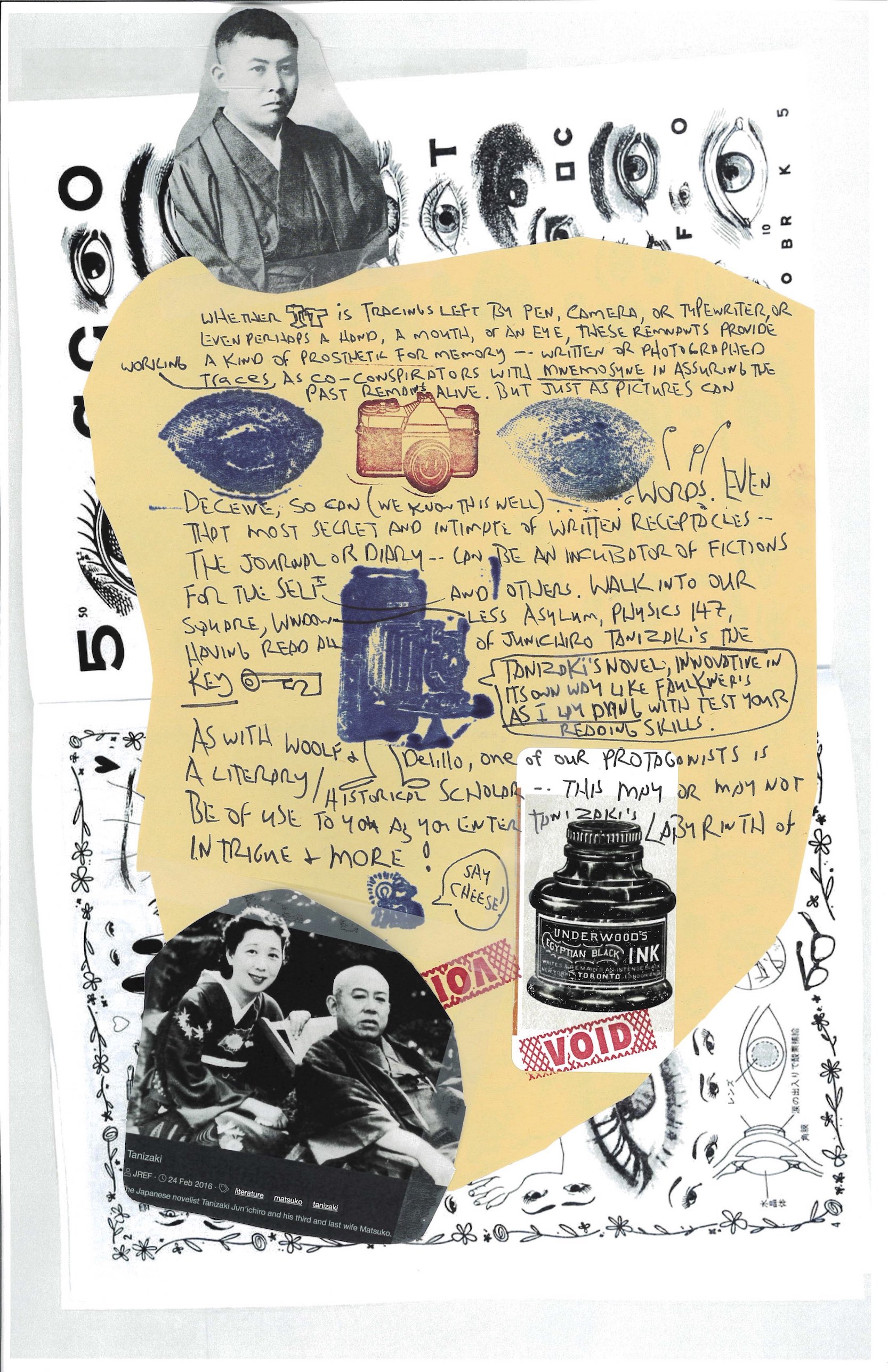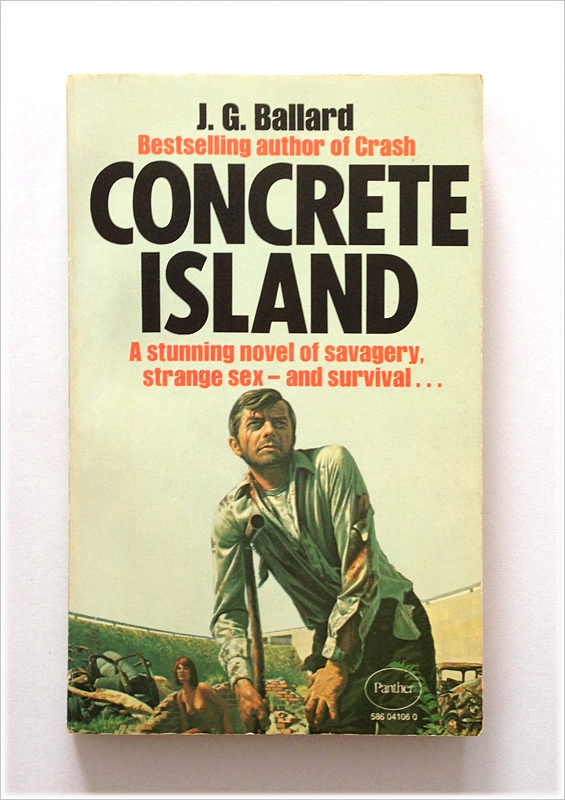|
|||||||||||||||
Seminar
Paper Assignments and Prompts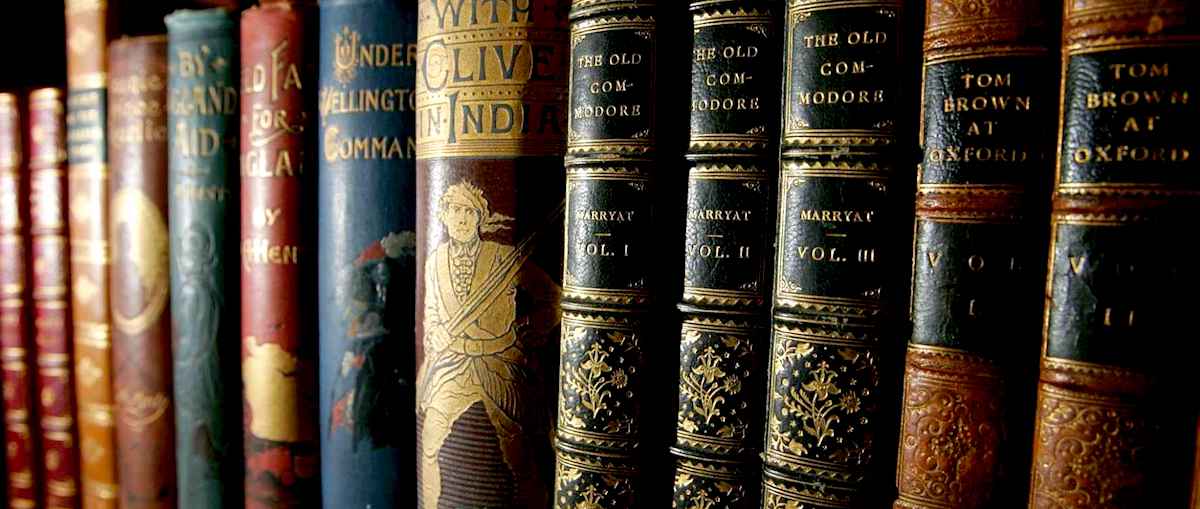 |
|||||||||||||||
|
English 604B | MALAS
600A | Spring 2023 @ SDSU
  his will be a course for
graduate students who love novels, live for
novels, dream of novels, and, of course, for
graduate students who write novels.
Some of the works are from a peculiar island
to the left of Europe called "England" — as
has historically been the case with SDSU's
English 604B —but
others are not, as novels and novellas know no
boundaries and the history of the evolution of
the novel is filled with transborder
intrigues, liftings, thefts, homages and more
(so grad student types who dig American
Literature, Comparative Literature, Rhetoric,
and Cultural Studies will also feel at home). his will be a course for
graduate students who love novels, live for
novels, dream of novels, and, of course, for
graduate students who write novels.
Some of the works are from a peculiar island
to the left of Europe called "England" — as
has historically been the case with SDSU's
English 604B —but
others are not, as novels and novellas know no
boundaries and the history of the evolution of
the novel is filled with transborder
intrigues, liftings, thefts, homages and more
(so grad student types who dig American
Literature, Comparative Literature, Rhetoric,
and Cultural Studies will also feel at home).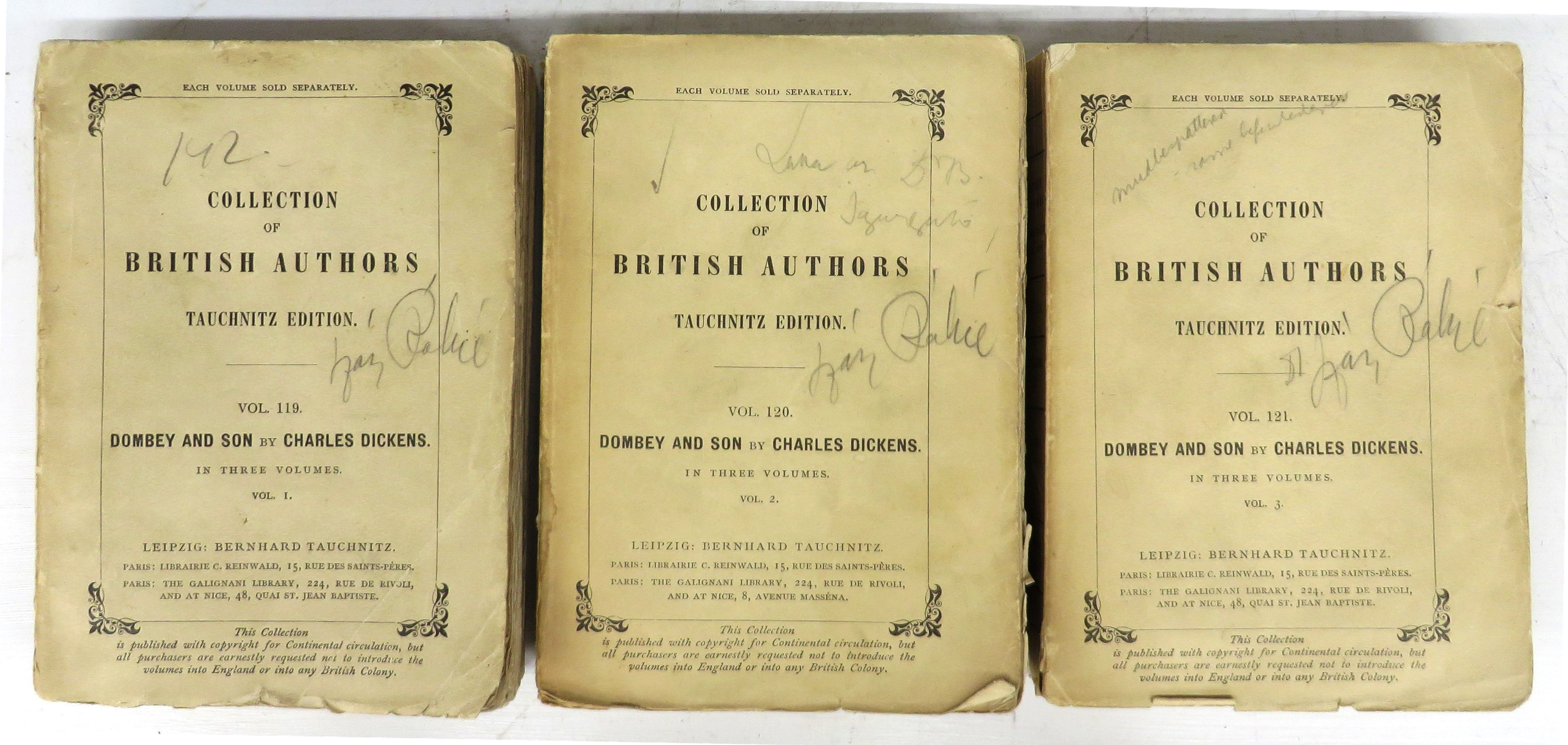 Have
no fear, however, we will not be
reading Dickens-style novels in three
volumes and over 600 pages, though
your professor, in planning this
class, did dream of teaching James
Joyce’s Ulysses once
again. Have
no fear, however, we will not be
reading Dickens-style novels in three
volumes and over 600 pages, though
your professor, in planning this
class, did dream of teaching James
Joyce’s Ulysses once
again.  No, we will be reading
short novels, aka novellas
(not to be confused with telenovelas, sample
opposite, which I have taught in other
contexts — lurid
melodramas I secretly adore). No, we will be reading
short novels, aka novellas
(not to be confused with telenovelas, sample
opposite, which I have taught in other
contexts — lurid
melodramas I secretly adore). 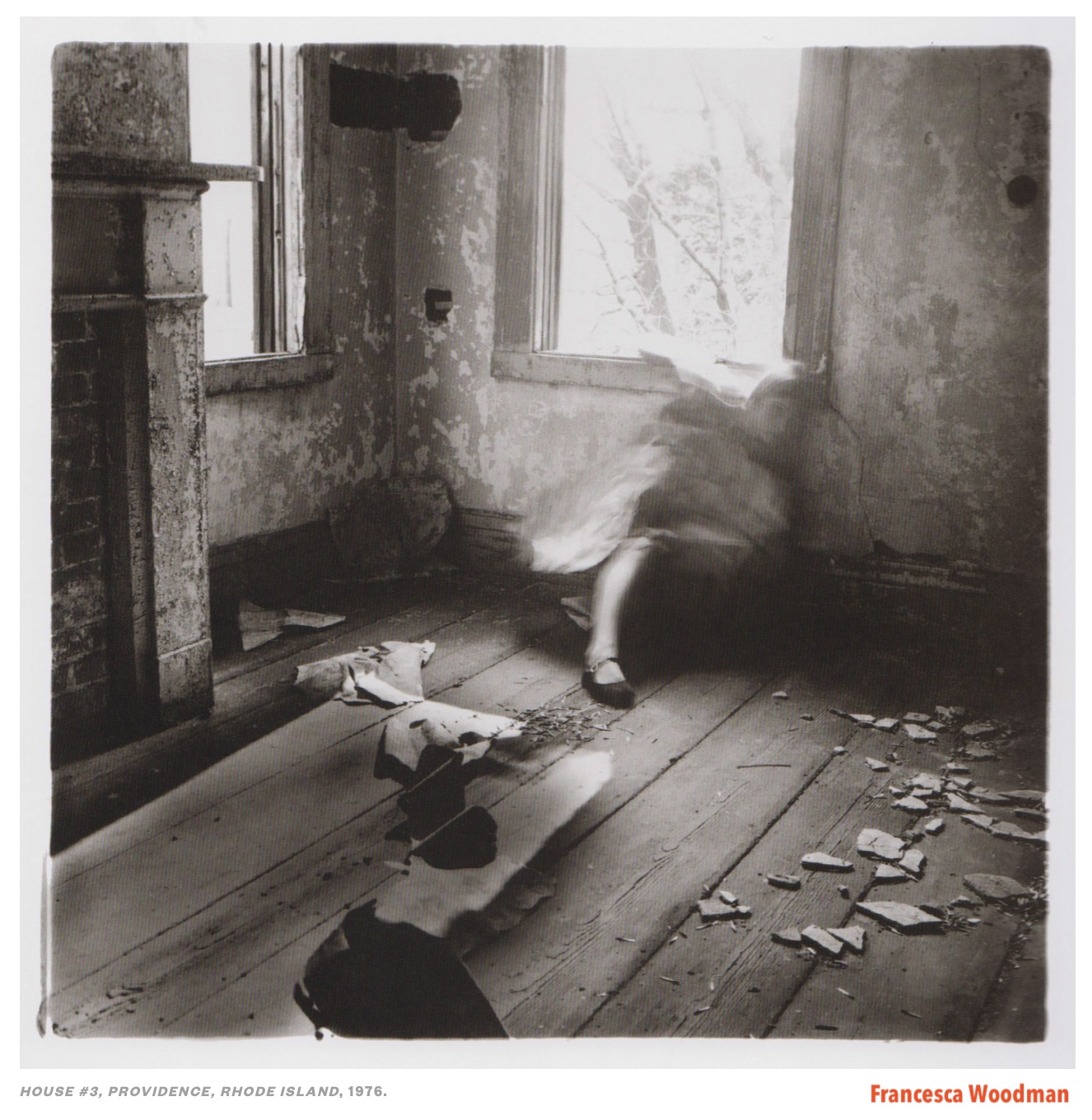 And
to augment our experience of these novellas,
we will be looking at movies
( or cinema
as connoisseurs name the medium) and photography as
well. And
to augment our experience of these novellas,
we will be looking at movies
( or cinema
as connoisseurs name the medium) and photography as
well. The books we read will, themselves, be obsessed with pictures and images — and the movies and photography we screen will be concerned with books, and, if not books, storytelling.  I
get a real kick studying works in one medium
that comment on and displace (re-imagine)
works in another medium--it is as if one
medium looks at another in a kind of mirror:
hence the idea of the novel as a paper mirror and,
not coincidentally, the name of this class.
For instance, back in the day,
I taught a course called The
Imperial Bedroom that,
among many other things, looked at
how pop star Elvis Costello
re-imagined in music the “Penelope”
chapter from Ulysses
— so
expect all kinds of fun mashups in
this class. I
get a real kick studying works in one medium
that comment on and displace (re-imagine)
works in another medium--it is as if one
medium looks at another in a kind of mirror:
hence the idea of the novel as a paper mirror and,
not coincidentally, the name of this class.
For instance, back in the day,
I taught a course called The
Imperial Bedroom that,
among many other things, looked at
how pop star Elvis Costello
re-imagined in music the “Penelope”
chapter from Ulysses
— so
expect all kinds of fun mashups in
this class. The lineup of authors
will include works by George Orwell,
Virginia Woolf, William
Faulkner, J.G.
Ballard, Junichiro Tanizaki,
Haruki Murakami, Carlos Fuentes, The lineup of authors
will include works by George Orwell,
Virginia Woolf, William
Faulkner, J.G.
Ballard, Junichiro Tanizaki,
Haruki Murakami, Carlos Fuentes, 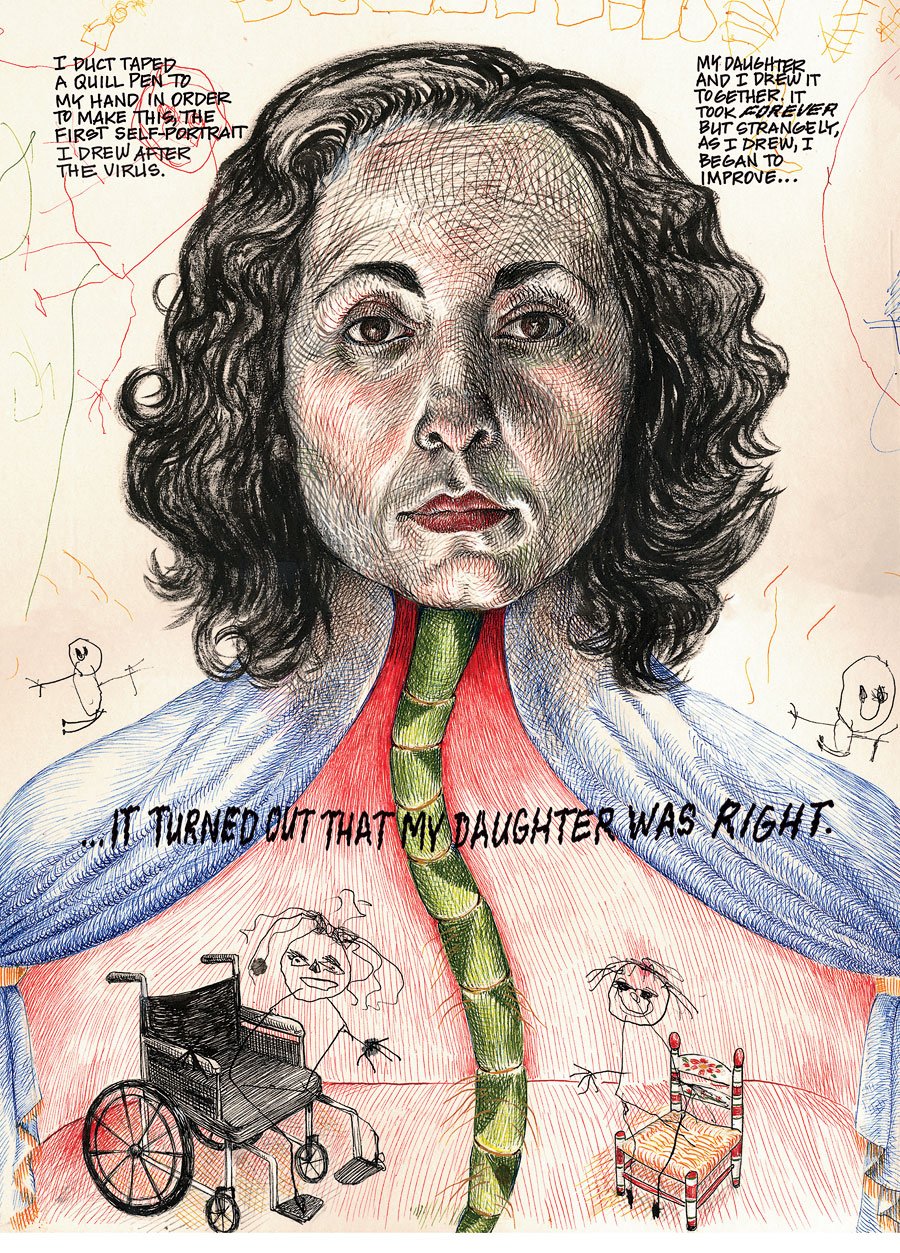 Gabriel
García Marquez, Emil Ferris, and
more. Short filmed works will also be part
of our adventure along with compelling,
outstanding photography by Tina Modotti,
Diane Arbus, and Francesca Woodman. Gabriel
García Marquez, Emil Ferris, and
more. Short filmed works will also be part
of our adventure along with compelling,
outstanding photography by Tina Modotti,
Diane Arbus, and Francesca Woodman. |
|||||||||||||||
| Required
Books List (books do not appear in any significant order) |
|||||||||||||||
|
Our
Spring 2023 Lineup
of Required Books
Click each cover below the Aztec Shops Link to see the correct print edition of all the books we are studying together this semester! Should you buy print editions or digital editions -- the University may well recommend that you go the digital route. What about pirated pdfs? In the digital age, anything goes. Bottom line? You are welcome to pursue what you see fit, but, despite the expense, nothing beats working with the best, printed edition of the book -- and as the use of laptops in our seminar room is highly NOT recommended, I would advise to snap up a copy of an old, reliable analog book. Last question: should you rent or buy? That is up to you! But remember, your personal bookshelf is like a mirror of the journey of your psyche--a snapshot of the evolution of your imagination. SDSU
Aztec Shops Campus
Bookstore Link
Local bookstores you should visit whilst living in San Diego; my favorites: DG WILLS and Libélula.  |
|||||||||||||||
|
|||||||||||||||
| Seminar Logistics How to succeed in our #papermirrors23 seminar... 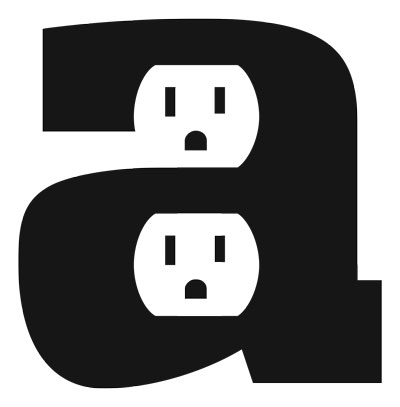 n English & Comparative Literature
or MALAS graduate seminar -- the closest you can get
to doing doctoral level work in the humanities at
SDSU-- is a pretty serious thing. n English & Comparative Literature
or MALAS graduate seminar -- the closest you can get
to doing doctoral level work in the humanities at
SDSU-- is a pretty serious thing. Or, better put: it can be a pretty serious thing. But not serious in the "heart-attack" sense of "serious"; more like serious in the "great, now i have to be accountable for my intellectual range, preparation, and imagination" sense. Our expectation, of course, is that you will enter each seminar session having carefully completed the assigned reading for a given day--if you do not intend to keep up with the readings, why be part of the adventure? But you should also know that our desires far outstrip our expectations! Our desire is that you will have both prepared the material by doing the reading, but that you will also have “prepared” the material as if you were the professor for the class -- this is, in fact, what sets your work as a graduate student apart from your previous work in undergraduate classes. That means doing the reading, surveying recent research in the field of said work, looking up published reviews and scholarship that focus on said work, and preparing questions (both discussion questions and close-reading-related questions) to share with your professor and your colleagues. When we are undergraduates, it is easy, perhaps, to sit in the back of the room and listen. And while you can still get away with this as a graduate student, you must also consider that said silence does your colleagues a disservice. Promise me (and promise yourself) that you will use the time we have together to share the amazing contours of your imagination with our mob of literature and interdisciplinary studies graduate students Graduate Seminar Presentations (or "you are the professor") 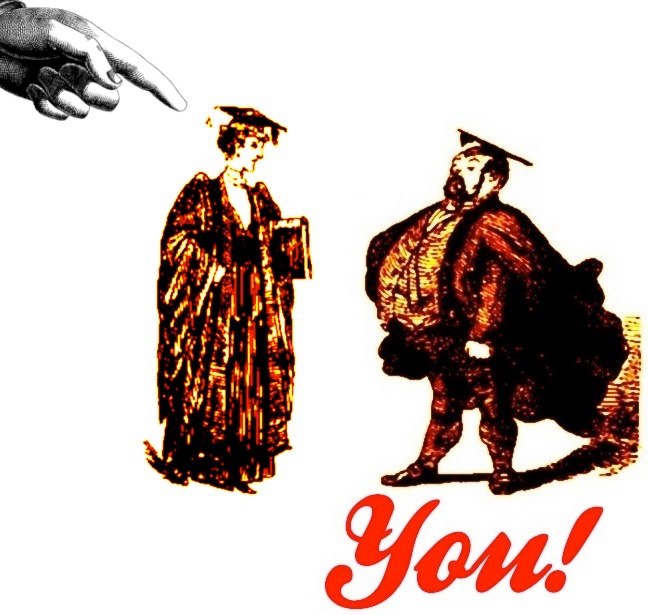 Graduate Student presentations are not
mandatory for this class--however, if you spy an
upcoming work on the reading list and you want to
deliver a 20 minute presentation that will benefit
your development as a scholar, write me at
bnericci@sdsu.edu and give me a heads-up about your
wishes! Yes, this will bless you with "extra-credit"
which MAY be of use when it comes time to determine
your grade. Graduate Student presentations are not
mandatory for this class--however, if you spy an
upcoming work on the reading list and you want to
deliver a 20 minute presentation that will benefit
your development as a scholar, write me at
bnericci@sdsu.edu and give me a heads-up about your
wishes! Yes, this will bless you with "extra-credit"
which MAY be of use when it comes time to determine
your grade.Seminar Paper  This being a "graduate seminar," it is
expected that you will produce an amazing piece of
rhetorical excellence in the course of the semester --
a seminar paper or essay. To that end, you will submit
to me by noon, Thursday, May 4, 2023, via email to
bnericci@sdsu.edu, a well-researched, nicely crafted,
exquisitely-honed critical essay anywhere from 15 to
22 pages. The essay should be typed, double-spaced,
and carefully proofread. It should not have any
special cover page or plastic cover -- a staple or
paper clip in the upper left hand corner is fine. This being a "graduate seminar," it is
expected that you will produce an amazing piece of
rhetorical excellence in the course of the semester --
a seminar paper or essay. To that end, you will submit
to me by noon, Thursday, May 4, 2023, via email to
bnericci@sdsu.edu, a well-researched, nicely crafted,
exquisitely-honed critical essay anywhere from 15 to
22 pages. The essay should be typed, double-spaced,
and carefully proofread. It should not have any
special cover page or plastic cover -- a staple or
paper clip in the upper left hand corner is fine.What will this beautiful essay be about? That's the fun part! Let us first consider the obvious: you are a graduate student. What does that mean? It means that you are a scholarly apprentice of sorts. You are one in a long line of individuals who aspire to scholarship--someone who aims to produce an exegesis of the first order. Like it or not, one of the things that will determine whether or not you have what it takes to get past the gates at the ivory tower is your writing. It used to be that writing for literary journals was an extended exercise in pain and self-abuse. But the field is changing and so are its journals. That is the easy part. How will you go about imagining this essay? Please have your essay derive or be based in large part on a text, author, director, theme, genre which is part of the required material for our class; moreover, I am also open to you conceiving of your submission to me as a draft chapter from your master's thesis, or a possible submission to critical journal.  Footnote
vs. endnote? MLA style vs. Chicago style vs. APA
style? Footnote
vs. endnote? MLA style vs. Chicago style vs. APA
style? These controversies have been solved for you in advance. As part of your assignment, I want you to immerse yourself in the variety of journals now publishing essays in , literature, film studies, cultural studies, comparative literature and contemporary studies in comparative cultures. You may complete this immersion here at SDSU's Love library, at USD, or UCSD. Some pretty good journals include: american literature, boundary 2, critical inquiry, social text, pmla, south atlantic quarterly, camera obscura and cinema journal. Think of your essay, then, as an exercise in role-playing--any question you might have about format, tone, styles, footnoting tactics and the like will be answered by the editorial policy of the journal you select as your guide. Do please submit with your seminar essay, a copy of one essay from the journal you have selected that represents to you the BEST that journal has to offer. Also, if you can find it, include a xerox of the page in the journal where they tell prosepective contributors how to format their submissions. Do note that our library has great, full-text, online journal archives like project muse and jstor--if you are off campus, you may have to log-in through the SDSU Libweb server reference index to access these invaluable index. If you have any question as to the appropriateness of a journal just give me a call or pull me aside and ask me. What can you write on? Well, just about anything. I imagine the best exercise will be to throw all your books and notes on a table, think about what are some of the provocative issues that have stayed with you during the term and then head off to the library and those endless stacks of scholarly journals. By the time you’ve paged through all those journals and get back to your books and notes, you’ll have a firmer grasp on the goals of your analytical adventure. You’ll also probably have a headache -- welcome to academe. Seminar Paper Prompts 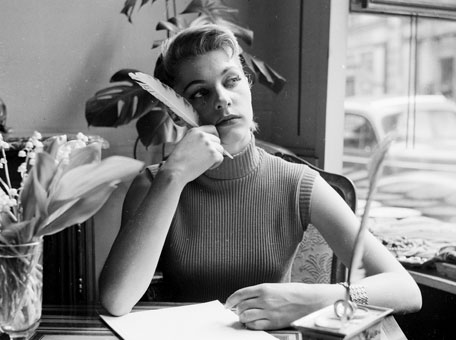 I don't usually
give out essay prompts to graduate students--the
reason for that is simple: graduate students should be
pursuing their own line of research, building on the
required readings for the class, but also, then,
voraciously researching hunches/ideas that appeal to
THEIR intellectual sensibility. However, I realize
that not all graduate students in an MA program are
ready for that level of engagement, so I will provide
here, for your entertainment and delight, a short list
of seminar paper prompts: I don't usually
give out essay prompts to graduate students--the
reason for that is simple: graduate students should be
pursuing their own line of research, building on the
required readings for the class, but also, then,
voraciously researching hunches/ideas that appeal to
THEIR intellectual sensibility. However, I realize
that not all graduate students in an MA program are
ready for that level of engagement, so I will provide
here, for your entertainment and delight, a short list
of seminar paper prompts:1. a. Select a journal you adore and want to imagine yourself published in. b. Author an original piece of scholarship that combines three of the works we have read this semester with a couple of recently scholarly essays on the nature of the novel in the 20th and/or 21st century. Part of this essay will attempt to redefine the novel in a contemporary context. 2. a. Select a journal you adore and want to imagine yourself published in. b. The Simulated Self / Psyche Explore the consequences of self-invention or self-destruction in the works of Nathanael West, Virginia Woolf, and Emil Ferris. 3. a. Select a journal you adore and want to imagine yourself published in. b. One of the first propositions floated in our seminar focused on the idea of a mirror--a paper mirror to be precise. Discussions of mirrors in reality and fiction take us to the critical landscape of writers like Jorge Luis Borges and Jean Baudrillard-inflected notion of the Simulacra. Do a little more reading from Borges and Baudrillard on mirrors and literature and write an essay that uses at least two primary, required texts / film/ etc from our semester to say something unique about fiction. 4. a. Select a journal you adore and want to imagine yourself published in. b. Redefine the concept of the #papermirrors23 using your own focus / vision / insight as you explode (replace?!) the term even as you explore any two or three works we have or will encounter this semester? Do feel free to focus on works we have not gotten to yet in class. Works means any combination of works! Diane Arbus + Faulkner? Why not?! Ferris and West!? Sure thing! Murakami and Orwell? Smashing. You are the author! You are my professor! Go for it! 5. a. Select a journal you adore and want to imagine yourself published in. b. Literary Criticism / Film Criticism--> Locate scholarly articles on any two the artists / writers we have experienced this semester. Try to find articles that you are decidedly at odds with or that come up short in ways you find annoying. Write an essay that directly challenges the findings of these two scholars; make sure to incorporate your own thesis in your essay. ------ update 5, March 2023 ------ Still more prompts -- but remember, for a graduate student, it's more better to dream up your own thesis! .... 6. a. Select a journal you adore and want to imagine yourself published in. b. Is there a shared sexual dimension that connects any three works we have or will read this semester? Explore our authors / directors evolving notions of sexuality as they unfold with a nuanced consideration of the relationship between worlds sexual and worlds fictional. 7. a. Select a journal you adore and want to imagine yourself published in. b. Can a Photograph talk to a Novel, an image converse a short story or essay? Compose an essay that contrasts/compares a text this semester that was written with one that is composed of pictures. Ultimately your essay is a meditation on the semantic and the semiotic conceived simultaneously. The thematic focus? That is up to you. 8. a. Select a journal you adore and want to imagine yourself published in. b. Fiction and Existentialism--bring yourself up to speed by selecting/reading a few essay length key primary works from the existentialist tradition: by Wittgenstein, Nietzsche, Camus, or Sartre. Use that philosophical text and fuse it somehow with one or two works we have read in class this term. 9. a. Select a journal you adore and want to imagine yourself published in. b. My emphasis on the ludic elements of fiction this semester were inspired by my readings of Jorge Luis Borges's "Narrative Art and Magic" back when I was in graduate school. Carefully read this essay (I am emailing it to you today), and then compose an essay focused on at least two of the works we read this semester that show Borges's theories in action. 10. Eighteen! more prompts you can adapt, warp, combine, reshape, re-imagine etc ... https://tinyletter.com/papermirrors/letters/nostalgia 11. Roll you own. Make up your own thesis that incorporates two or more works from our required reading this term. GRADING INFORMATION In-class free writes / writing challenges, class participation / attendance, social media-postings, etc 33% Seminar Essay / Imagination Festival ("Essays) 66% Chutzpah, ganas, will, & drive 1% 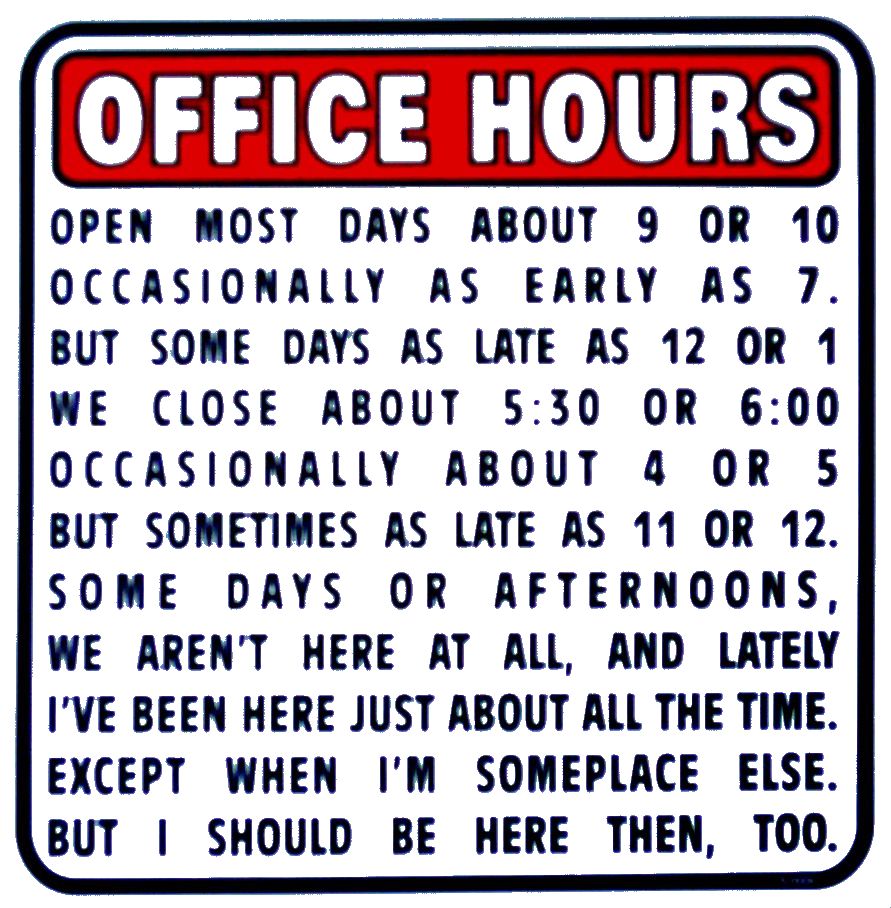 office hours office hoursFirst thing to do? Ignore this sign on your left! My office hours are on Tuesday afternoons from 12:30pm to 3:00pm, after our seminar, and by appointment, in Arts and Letters 273 (though you may find me in AL 283 from time to time)--do please make the time during the course of the semester to come on out and introduce yourself and be a real, living, breathing, person--the social dimension of intellectual life is key to your development as a graduate student and, believe it or not, it will make it easier for you to emerge as a dynamic agent of our seminar. 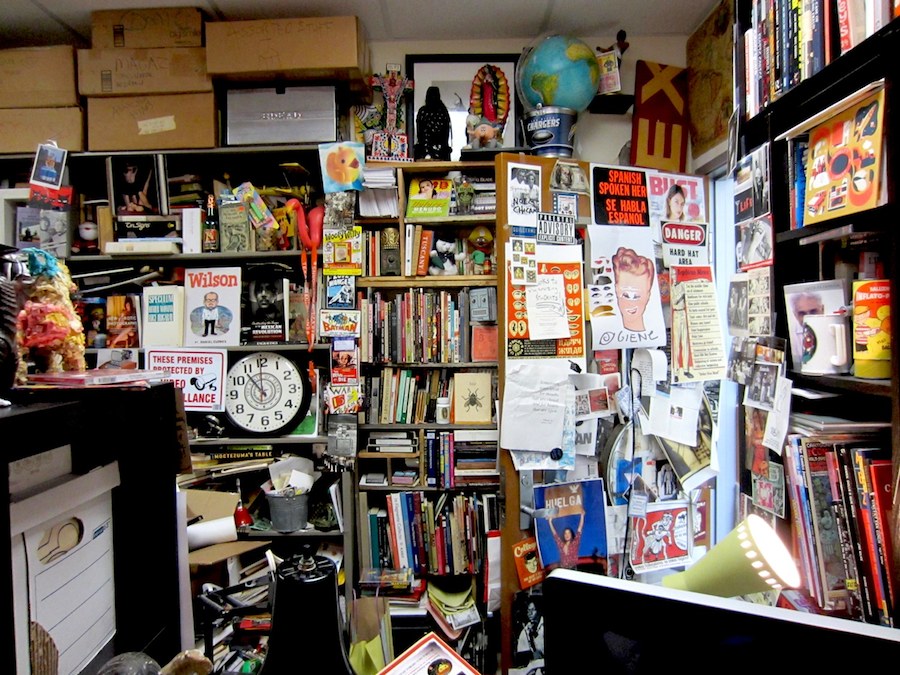 My
phone number here at SDSU is 619.594.1524, but
the best way to make sure you get hold of me is
email: My
phone number here at SDSU is 619.594.1524, but
the best way to make sure you get hold of me is
email: bnericci@sdsu.edu My office is pretty easy to find, it's at the end of the hall to your left after you enter the Arts and Letters building 2nd floor, ground-level entrance. Click the image opposite to see what awaits you! |
|||||||||||||||
Day to Day
Calendar of Assignments  |
|||||||||||||||
|
Thursday,
January 19, 2023
click to
enlarge!
updated just below! |
|||||||||||||||
|
Tuesday,
January 24, 2023
click to enlarge!
|
|||||||||||||||
| Thursday, January 26, 2023 | |||||||||||||||
 Your guest lecture description for today appears below--do you have to read A ROOM OF ONE'S OWN for the lecture? No! Should you dive into it here and there for the beauty of it--for sure! And so that you have something to compare her fiction with as you read Mrs. Dalloway for next week. Should you read ahead in Mrs. Dalloway? Go for it! It will save you some reading for next week! click to enlarge! 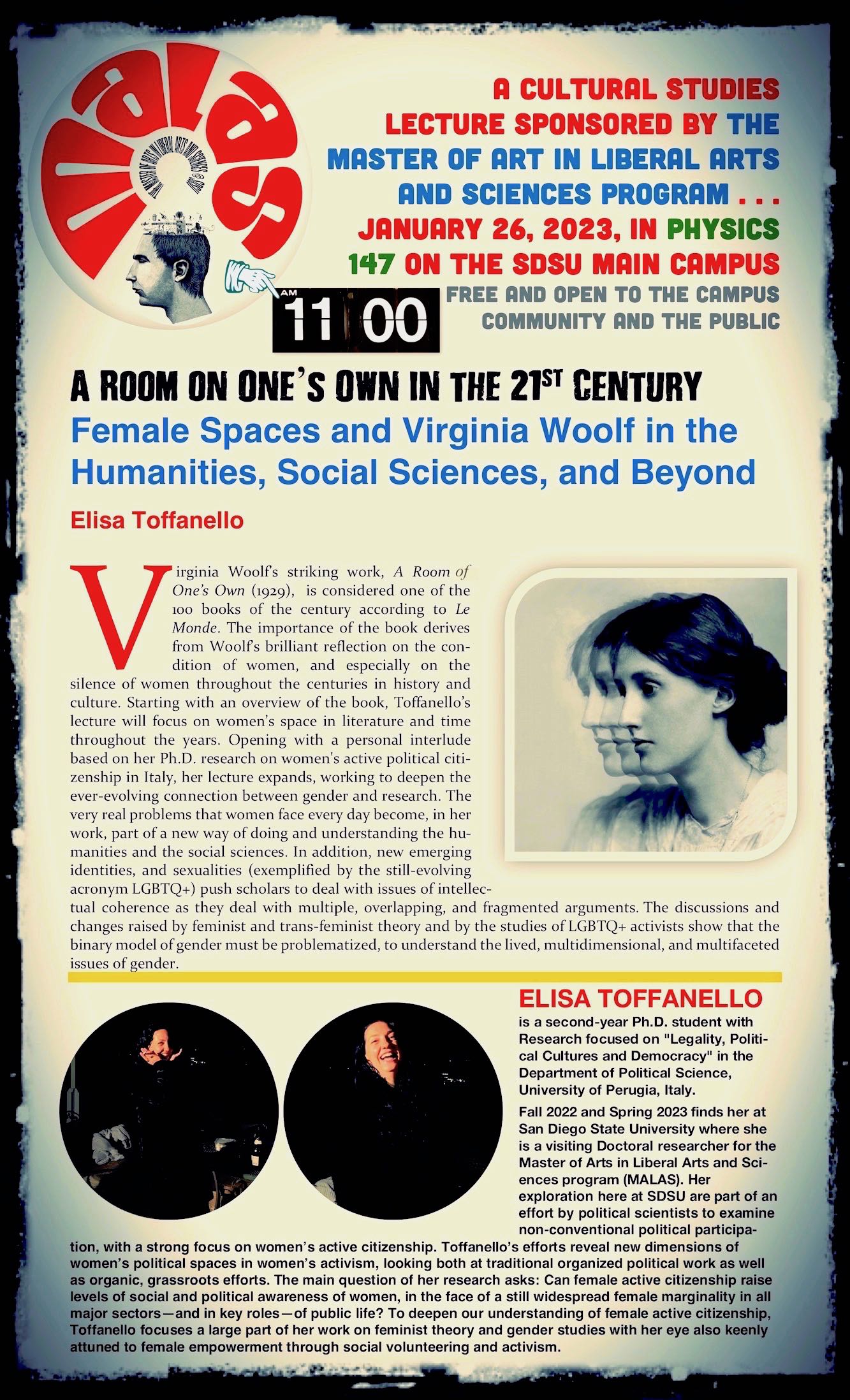  Link to a pdf of a cool vintage edition of Woolf's masterpiece--click to see the pdf! |
|||||||||||||||
|
Tuesday,
January 31, 2023
click to enlarge! |
|||||||||||||||
|
Tuesday,
February 7, 2023
|
|||||||||||||||
| Thursday, February 9,
2023 |
|||||||||||||||
|
click to
enlarge!
|
|||||||||||||||
| Tuesday, February 14, 2023 Valentines Day -- no class!  |
|||||||||||||||
|
Thursday, February 16, 2023 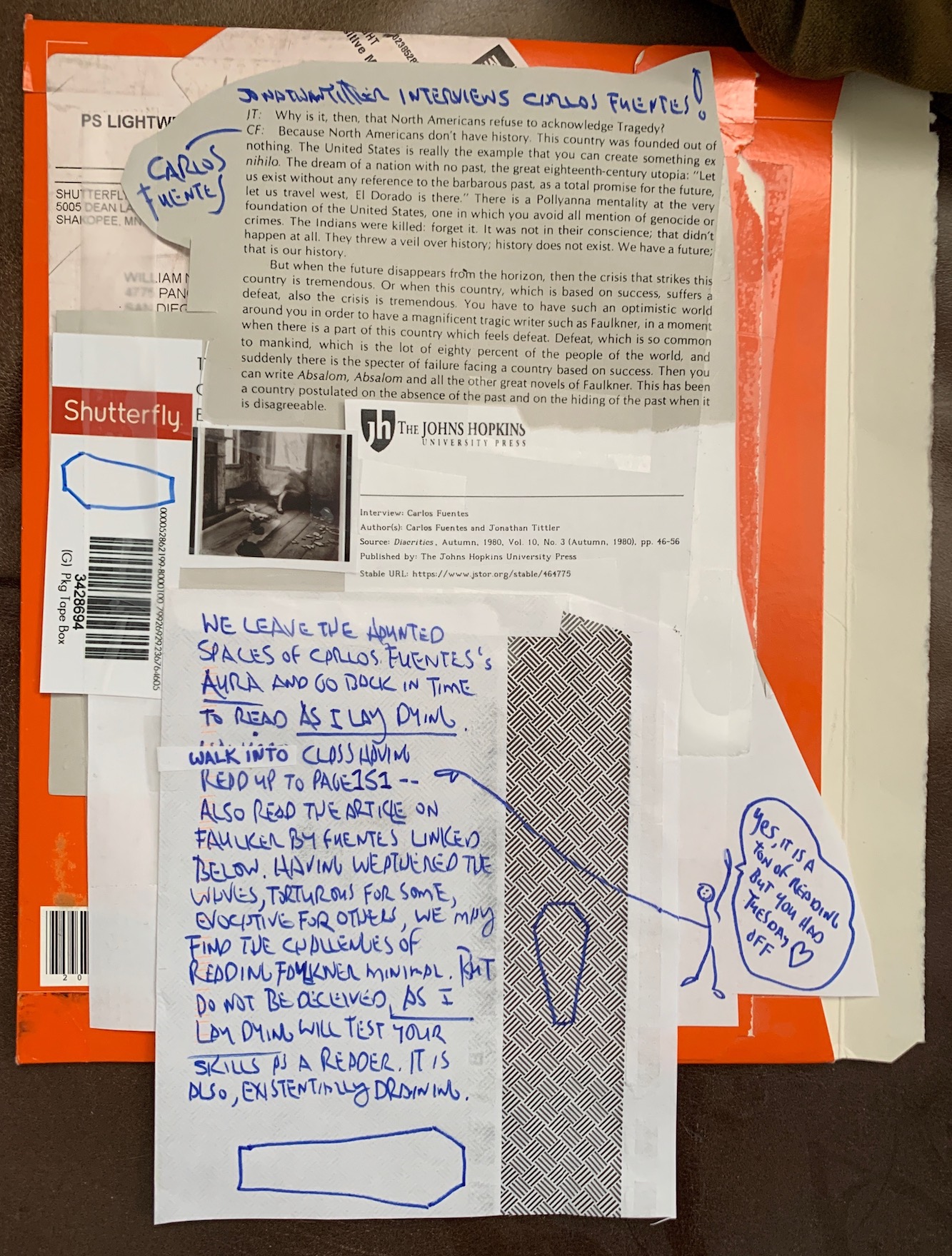 Here is the long essay noted in the image above -- it features another vital side of Carlos Fuentes: the essayist. Alongside of Gore Vidal and James Baldwin, Fuentes is one of the most gifted essayists of the 20th century -- enjoy his extended meditation on William Faulkner. As you read, look for tricks he uses as an essayist that you could adapt and use in your own writing. Last thing! Come to class with a printout of a passage from the reading that you find to be crucial, telling, provocative, or full of meaning. Keep it short and feel free to write it out in your own hand if you wish! Corrected Assignment Page for Today! 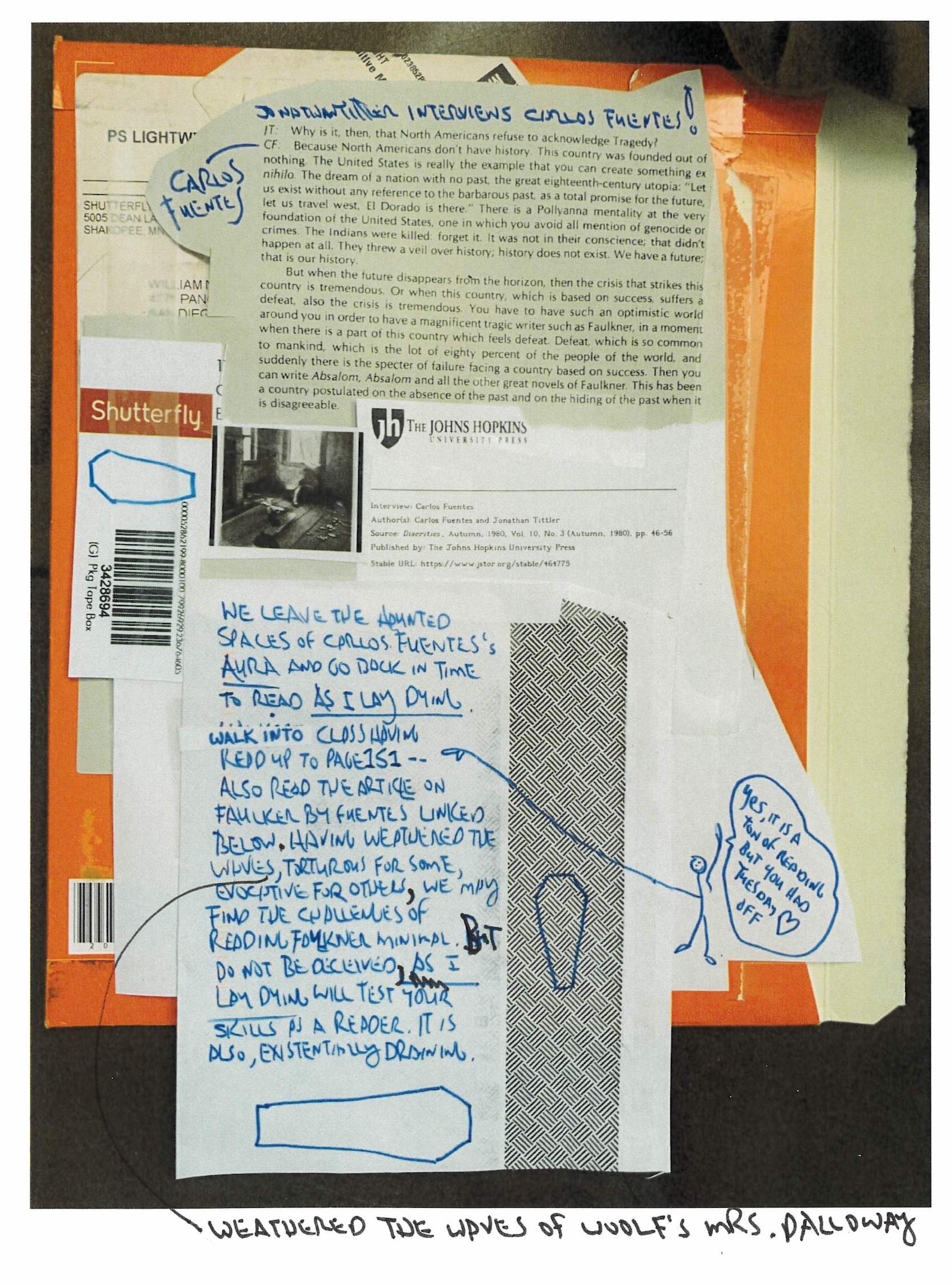 |
|||||||||||||||
| Tuesday, February 21, 2023 |
|||||||||||||||
Thursday,
February 23, 2023
more tba -- read ONLY the novella, NO ONE WRITES TO THE COLONEL by Gabriel García Márquez, not all the other short stories.  click to enlarge! | | V  |
|||||||||||||||
| Tuesday, February 28, 2023 click to enlarge! 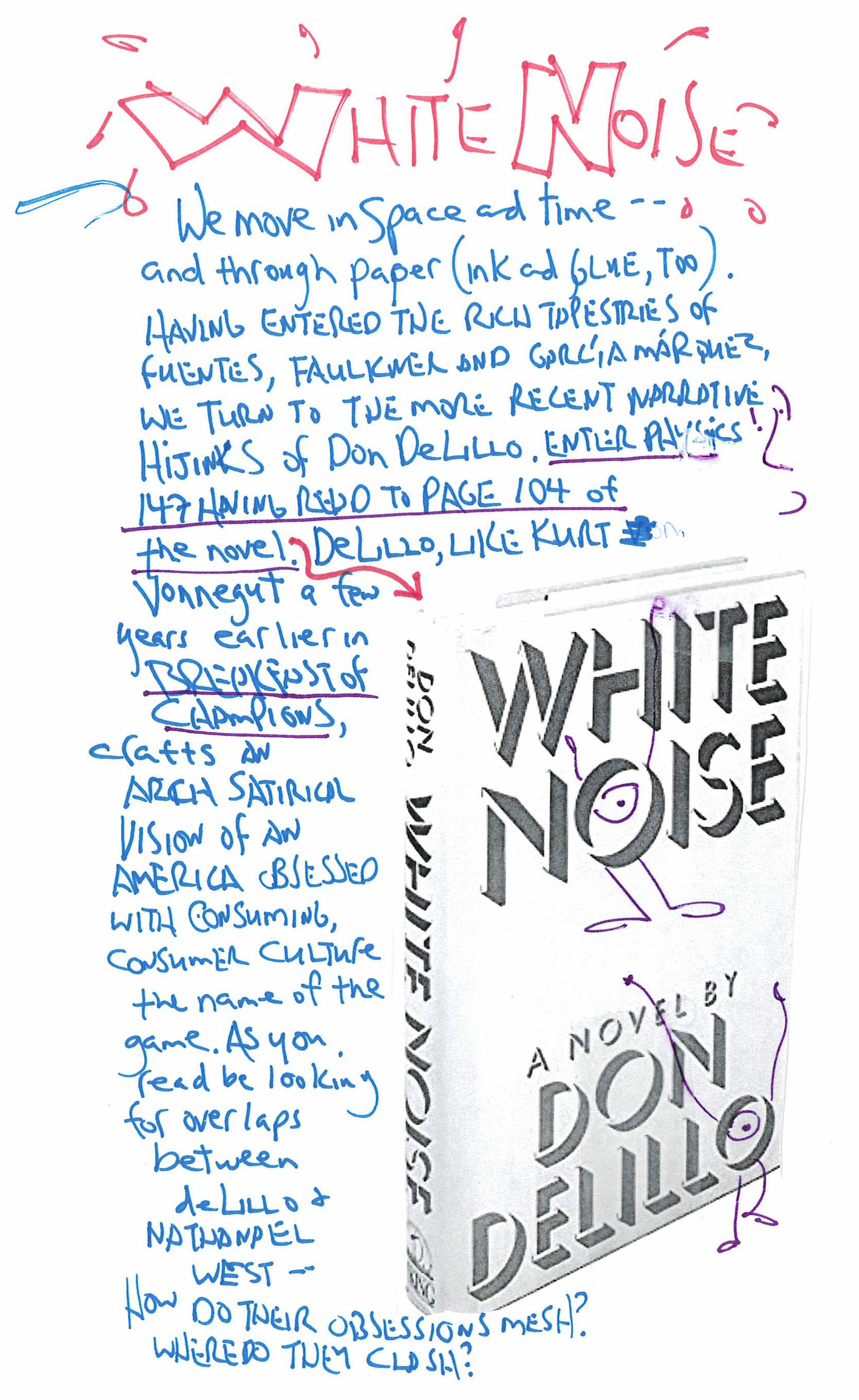 |
|||||||||||||||
| Thursday, March 2, 2023 click to enlarge!  |
|||||||||||||||
| Tuesday, March 7, 2023 click to enlarge! 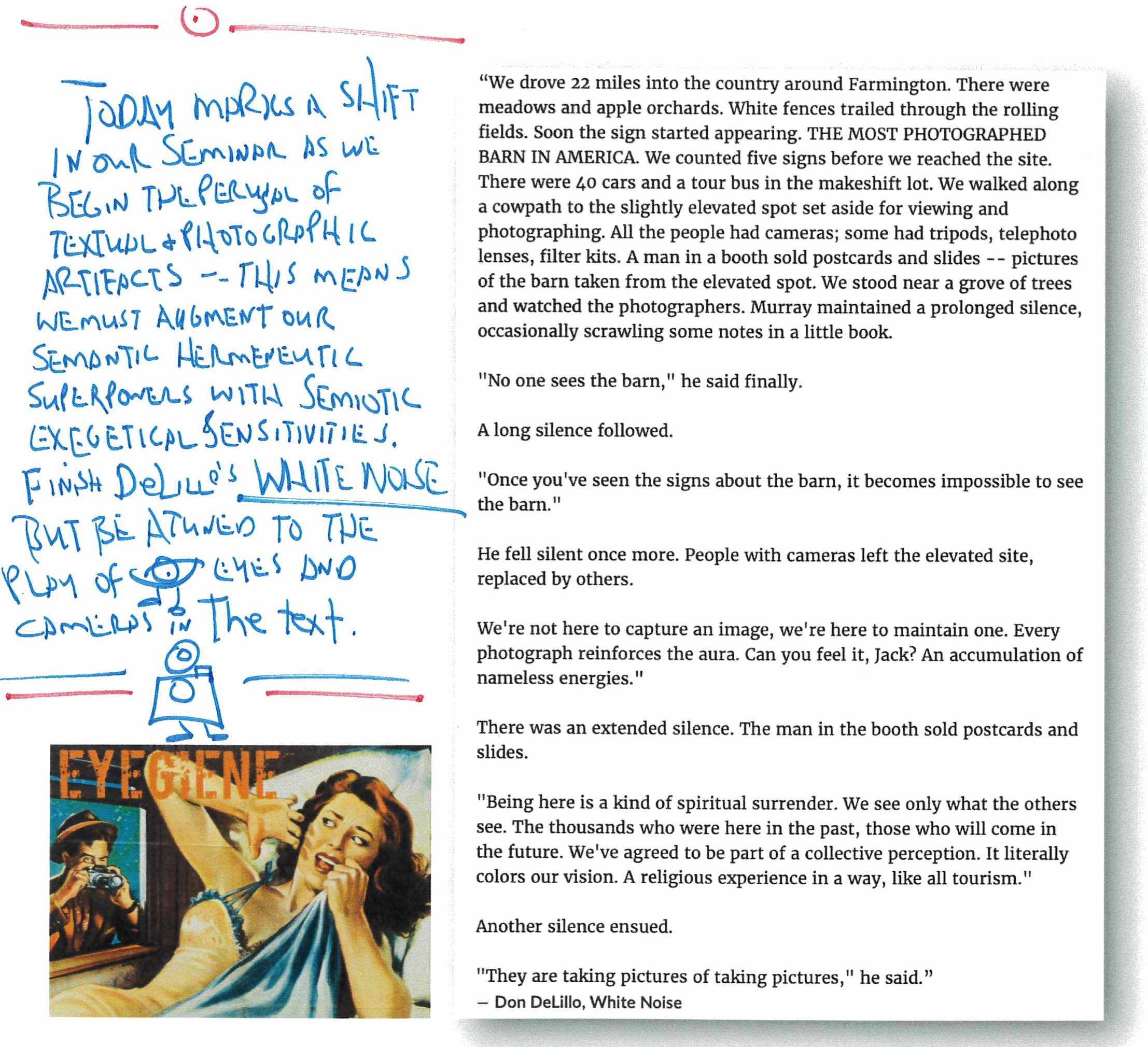 |
|||||||||||||||
Thursday,
March 9, 2023 The eye in the mirror -- today you have no reading unless you choose to! Instead I want you to immerse yourselves in the photography of Francine Woodman, Diane Arbus and Anna X. Malina. You can begin your search here, here, and here, but I hope your semiotic spelunking on the web will drive you to some surprises! Bring to class a full page xerox of one image by each artist that you are willing to share with the class; before class begins we will tape these images to the bare, sad, walls of our ugly classroom. Be sure that the name and title of the photograph appears on the printout of the images you select. 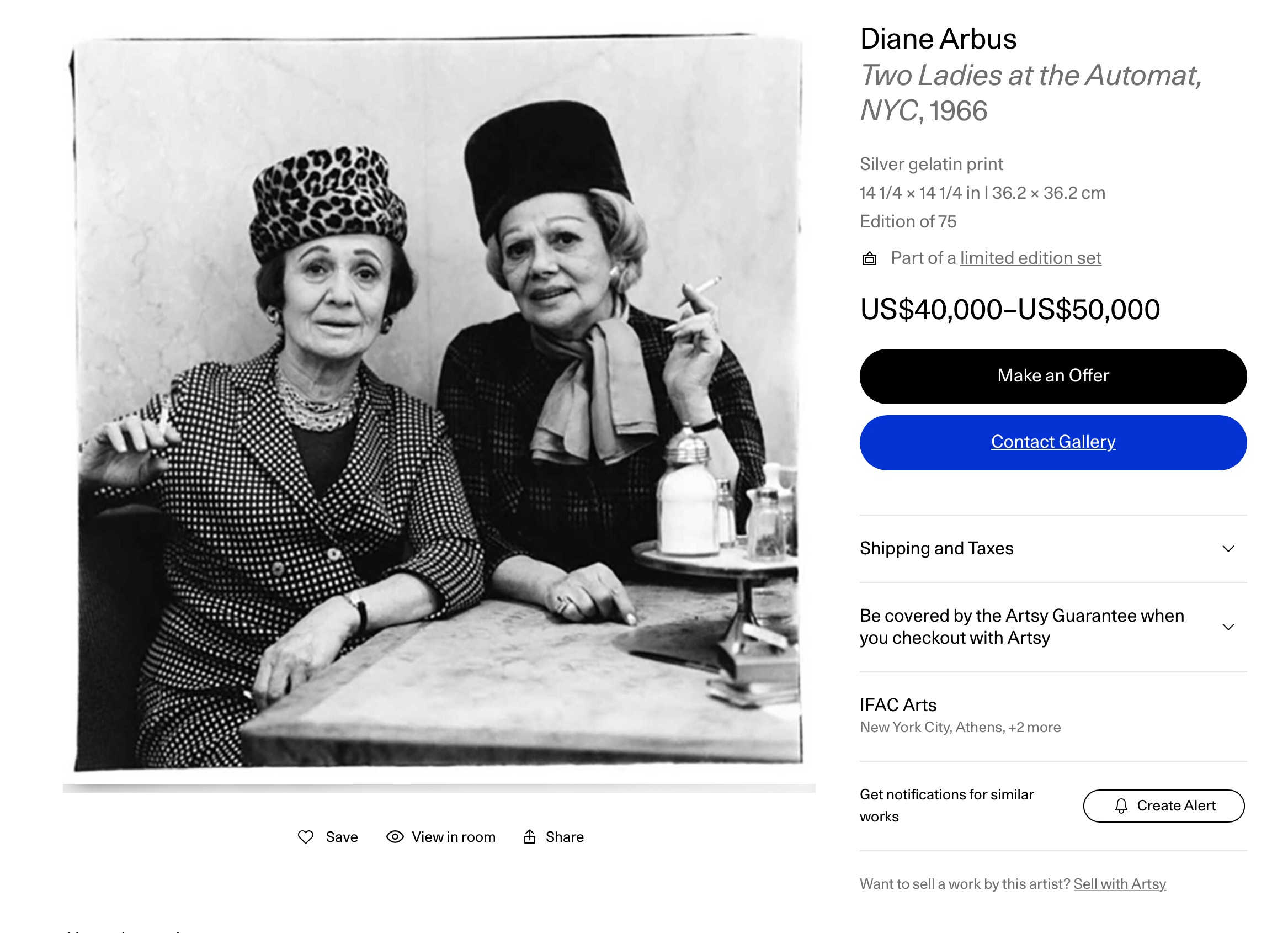 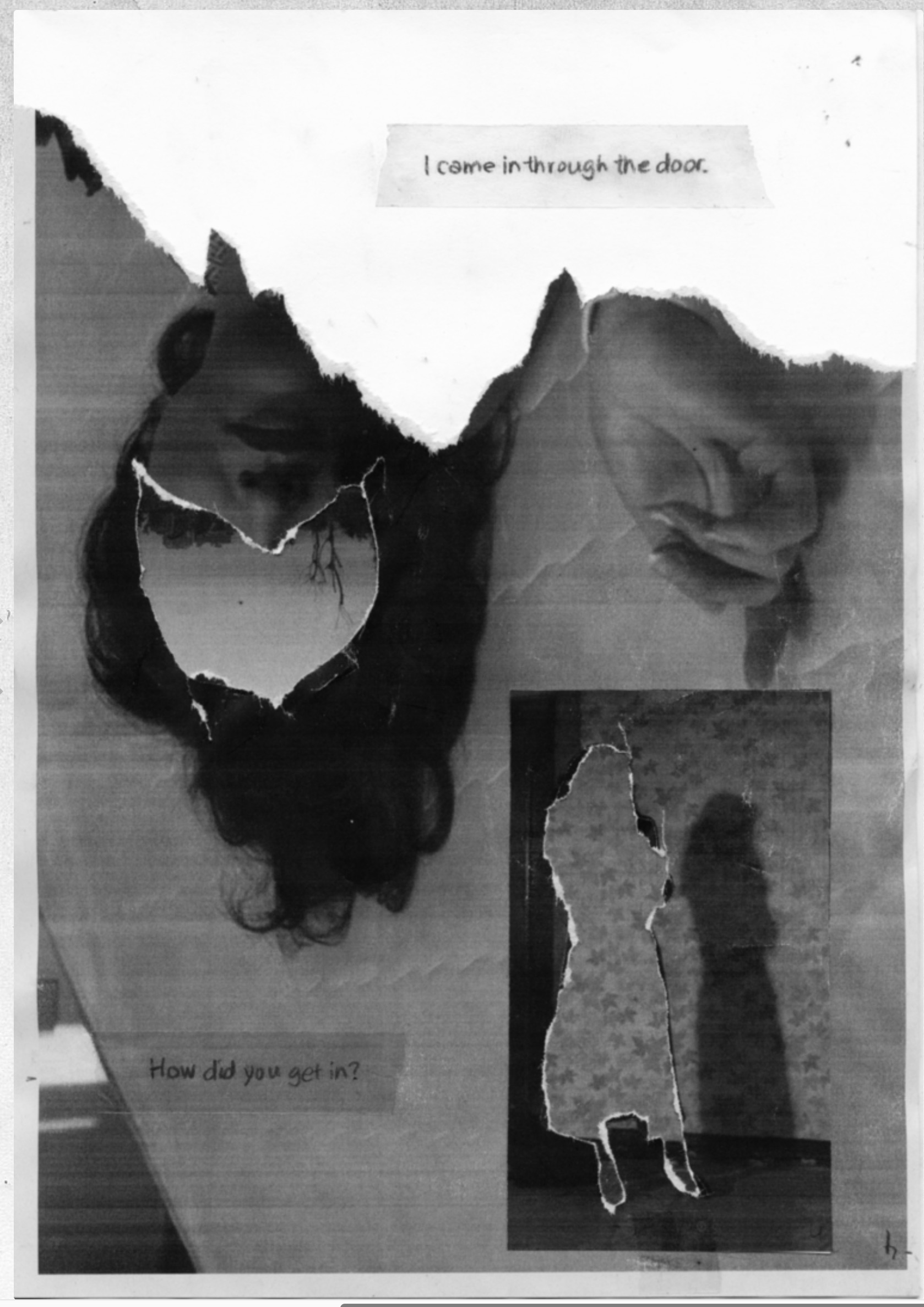 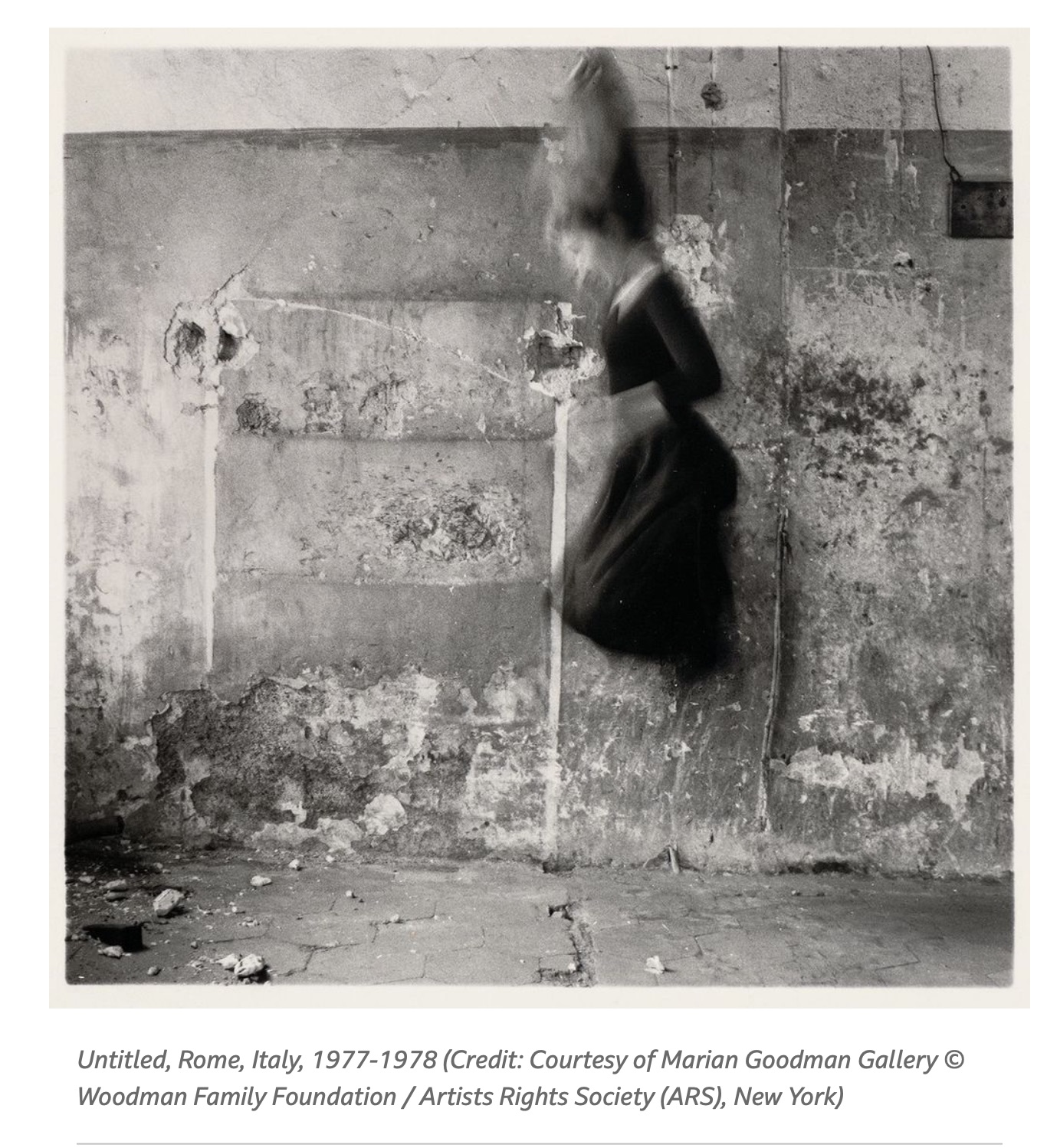 |
|||||||||||||||
Tuesday, March 21, 2023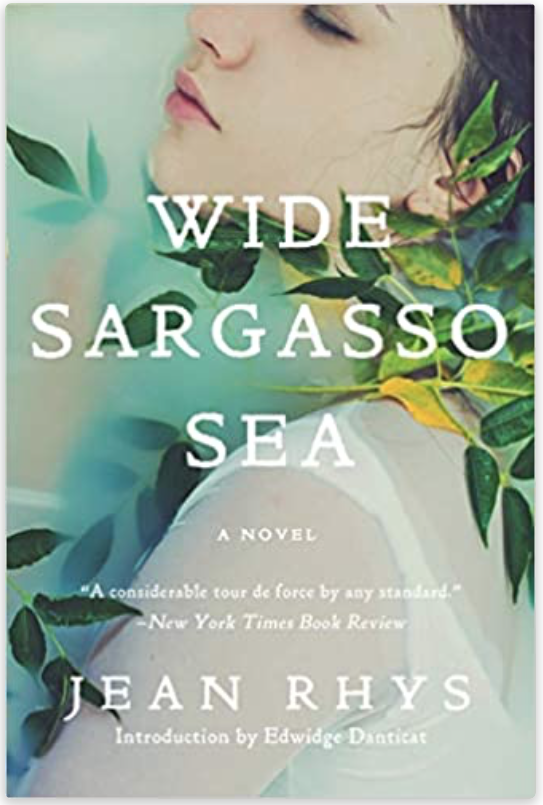 click to make more bigger! ;-)  |
|||||||||||||||
| Thursday, March 23, 2023 Finish reading WIDE SARGASSO SEA-- specific assignment forthcoming!'  click to enlarge 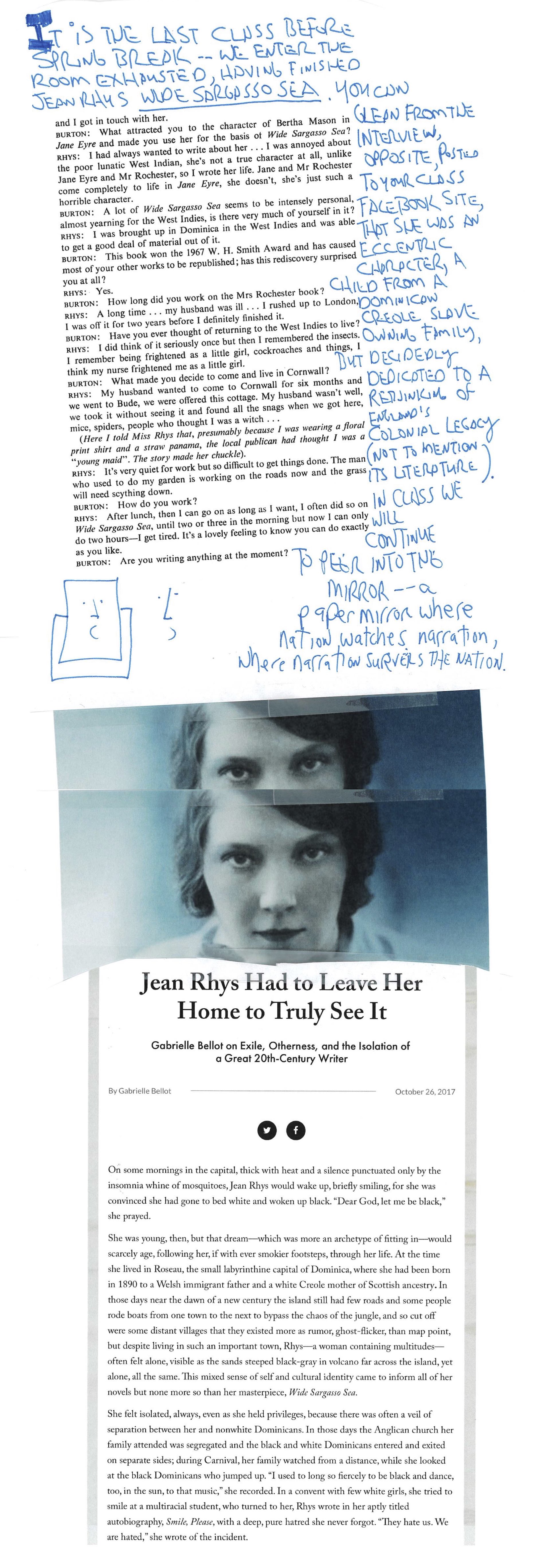 |
|||||||||||||||
| Tuesday, March 28, 2023 Spring Break!  |
|||||||||||||||
| Thursday, March 30, 2023 Spring Break!  |
|||||||||||||||
| Tuesday, April 4, 2023 We return from Spring Break,
and, contrary to the ideal, we find ourselves
taxed and exhausted in lieu of relaxed and
refreshed. Why? Your taskmaster professor has
had you read a little more than a half of Emil
Ferris's MY FAVORITE THING IS MONSTERS, a
magnificent work of illustrated sequential art
(comics!) that just may well be a kind of
Joyce's ULYSSES for the genre.
But before we read the assignment, a note about these written assignments here in the #papermirrors23 calendar. For the rest of the semester I am going to type out your assignments here in lieu of my stylized bespoke collages. I get the sense from the confusion in class that these carefully crafted artifacts are confusing and hard to follow. So you will just have to make do here with my typed instructions. So, for class today, read to this two page spread. The book is not paginated so it is hard to give you a sense of where to stop! 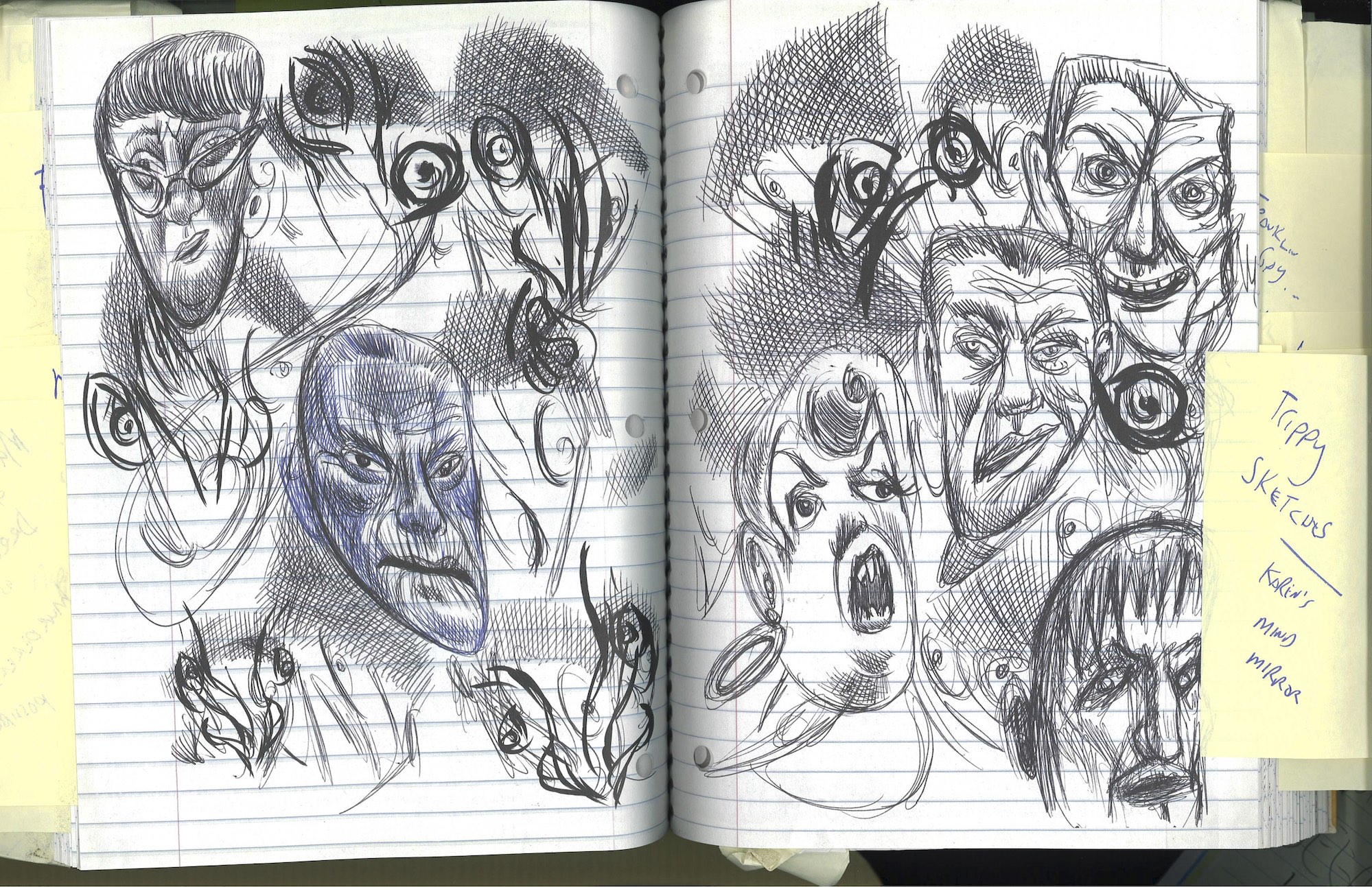 Do be forewarned that Ferris's storytelling is quite demanding--and if you are utterly unfamiliar with art history and art museums this gritty tale of murder and memory may present you with real challenges. 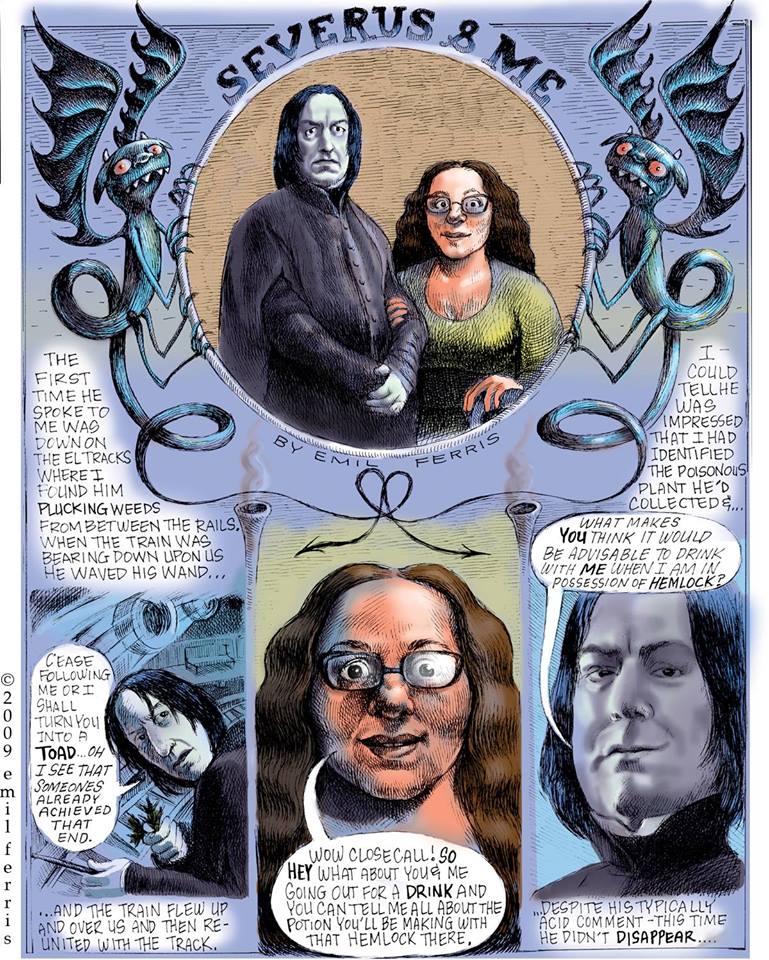 So make sure you set aside
quality time to experience the book. It is truly
a 21st century fiction of epic proportions. If
you have time after you finish the reading, feel
free to peruse online interview with Ferris--here's
the 2nd part of one in the Comics Journal. So make sure you set aside
quality time to experience the book. It is truly
a 21st century fiction of epic proportions. If
you have time after you finish the reading, feel
free to peruse online interview with Ferris--here's
the 2nd part of one in the Comics Journal. |
|||||||||||||||
|
Tuesday, April 11, 2023
Read the first two-thirds of CONCRETE ISLAND by JG Ballard. 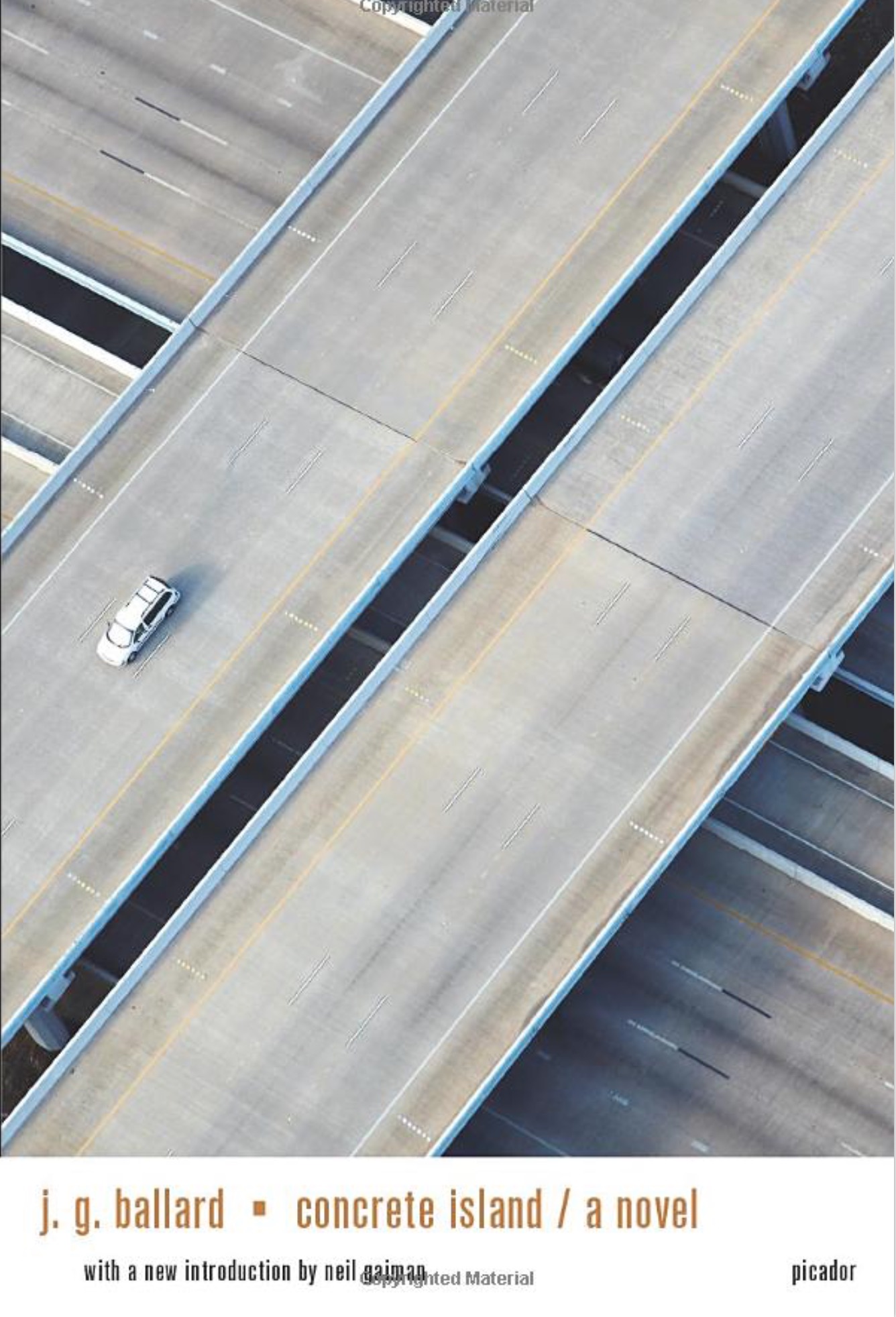 |
|||||||||||||||
|
Thursday, April 13, 2023
Finish reading CONCRETE ISLAND ...
why!? Because we are hosting a special guest ...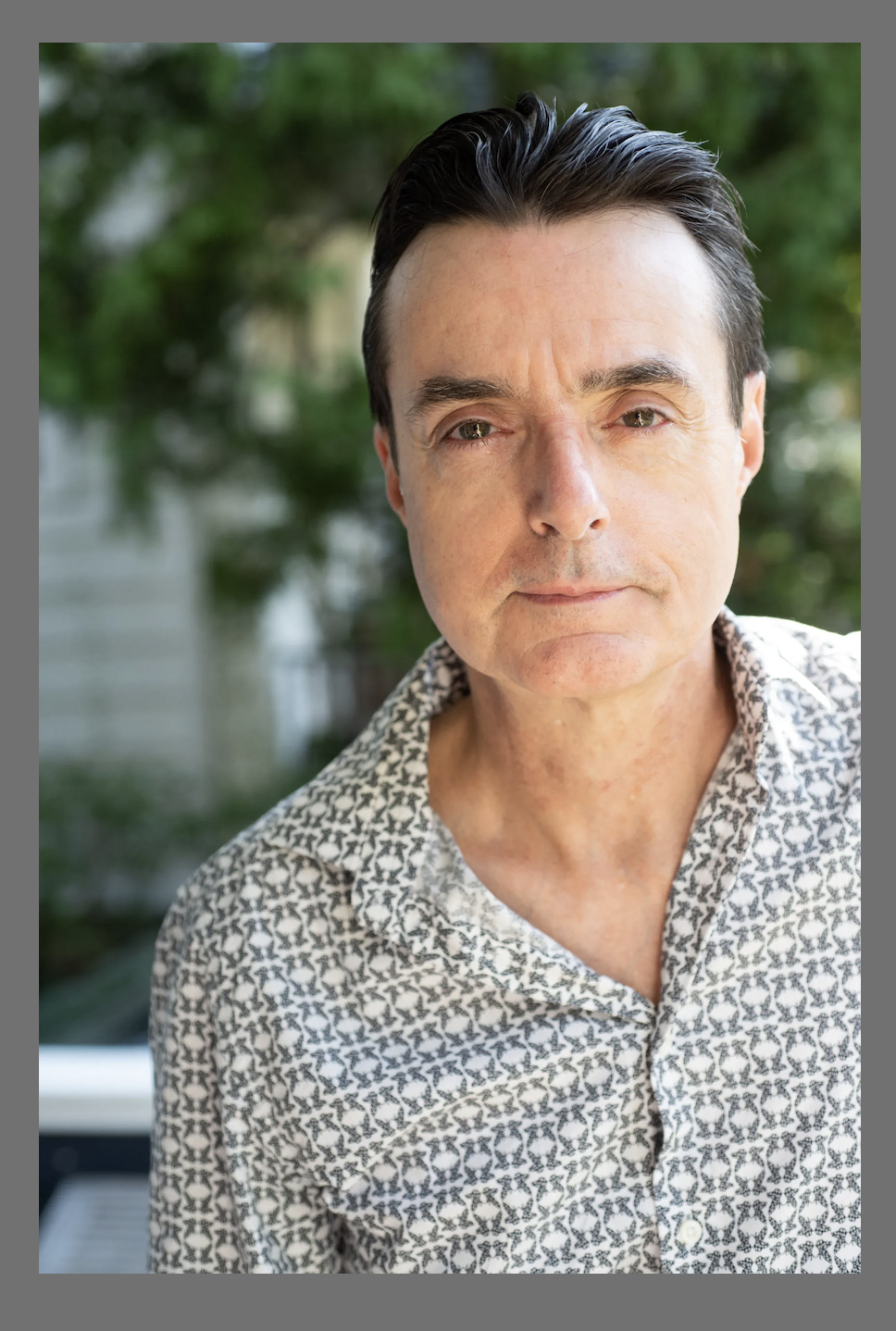 SPECIAL
GUEST LECTURE BY SPECIAL
GUEST LECTURE BY MARK DERY! “Earth is the Alien Planet”:
Concrete Island, abject landscapes,
posthuman fictions: an illustrated lecture
In the Late Anthropocene,
we’re all castaways on a soon-to-be-desert
island earth. Global weirding is here to stay,
eco-pocalypse looms, existential dread is the
new normal, and philosophy has taken a
“nonhuman turn,” away from the anthropocentric
worldview of classic humanism. Philosophers
like Eugene Thacker and writers of weird
eco-fiction like Jeff Vandermeer conjure an anti-anthropocentric,
even post-anthropocentric worldview: a
mythology of the world without us.
J.G. Ballard got there first.
In his short novel Concrete Island, he
relocates Robinson Crusoe to the abject
landscapes of postwar London. His tale of a
car-crash survivor marooned on a traffic
island maps a new, posthuman psychology that
de-centers not only the self but the species,
too, in preparation for the day, not long off,
when as Nietzsche puts it in Human, All
Too Human, the earth is but the
“gleaming and floating gravesite of humanity.”
In
“Earth is the Alien Planet,” Dery
considers the ways in which Ballard
problematizes “the human” and humanism,
auguring a post-anthropocentric fiction
for a post-Anthropocene planet, a World
Without Us that neither he nor any of us
will inhabit.
additional recommended reading link two! |
|||||||||||||||
| Tuesday, April 18, 2023 Read the first two thirds of 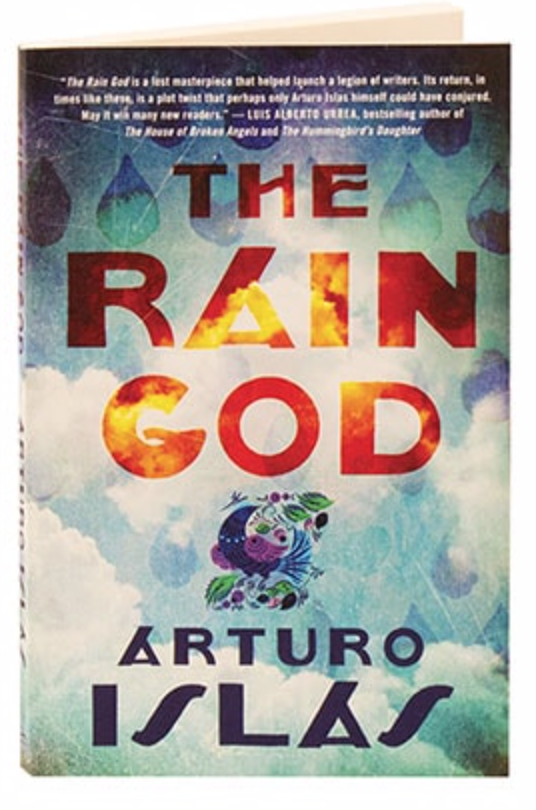 Islas's novel is an extraordinary contribution to late 20th century American fiction and a standout sample of Chicanx narrative. |
|||||||||||||||
| Thursday, April 20, 2023 Finish ISLAS's THE RAIN GOD 
|
|||||||||||||||
| Tuesday, April 25, 2023 Read all of ... 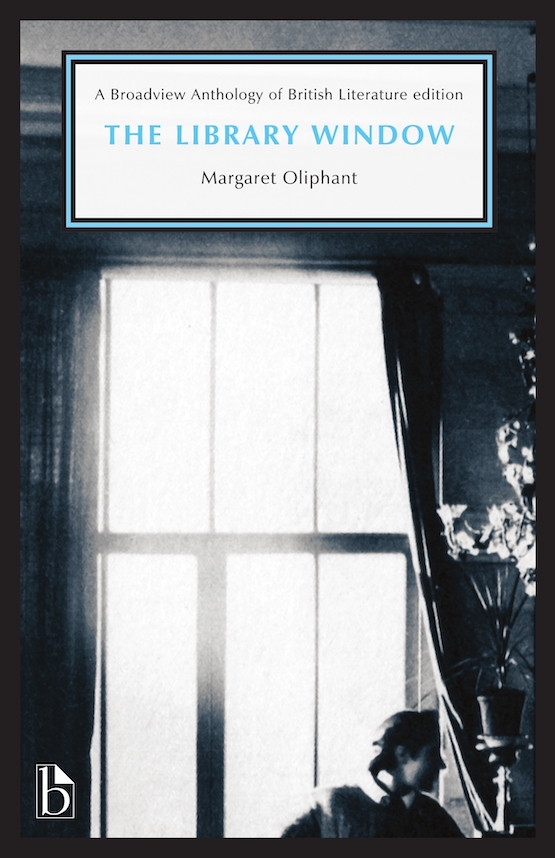 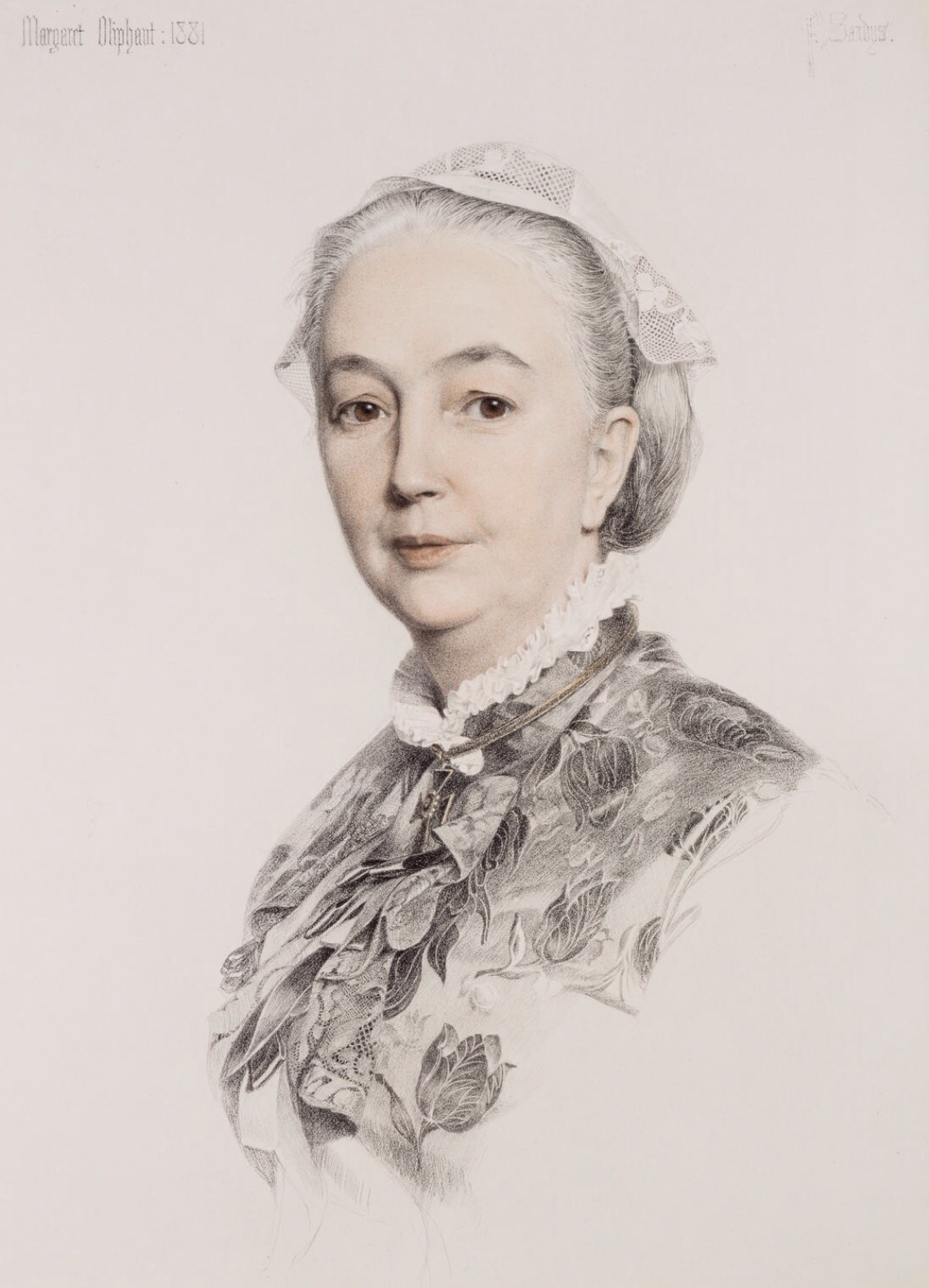 We end the semester at
the window, in a mirror -- of course we do.
Come to class ready to throw down your
brilliant findings from Oliphant's opus! This
novella probably deserves a spot alongside
Carlos Fuentes's AURA in that it dabbles in
the realm of the fantastic--but how is it
similar? How is it different? On another note,
Oliphant was the Danielle Steele/ Stephen King
of her day--an author of prodigious
amounts of popular fiction. Should that factor at all
into our reading of her work? We end the semester at
the window, in a mirror -- of course we do.
Come to class ready to throw down your
brilliant findings from Oliphant's opus! This
novella probably deserves a spot alongside
Carlos Fuentes's AURA in that it dabbles in
the realm of the fantastic--but how is it
similar? How is it different? On another note,
Oliphant was the Danielle Steele/ Stephen King
of her day--an author of prodigious
amounts of popular fiction. Should that factor at all
into our reading of her work? |
|||||||||||||||
| Thursday, April 27, 2023 No Class, no readings -- Work on your essays. 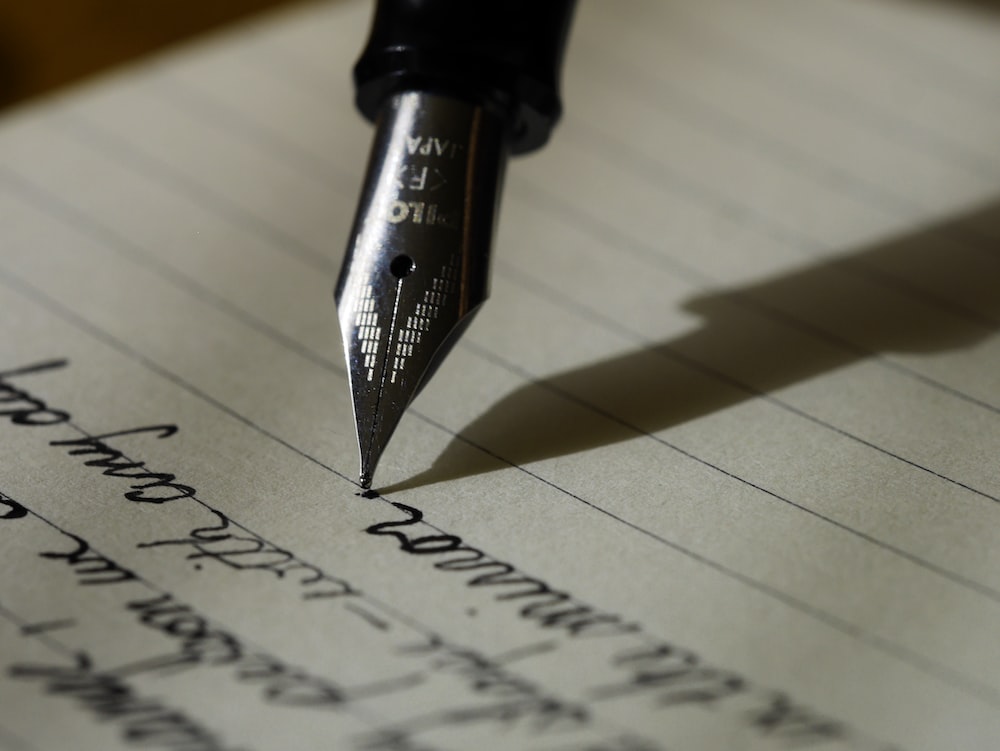 |
|||||||||||||||
|
Tuesday,
May 2, 2023
 No Class, no readings -- Work on your essays. |
|||||||||||||||
| Thursday, May 4, 2023 No class -- your papers are due to me via email at 12 noon!  |
|||||||||||||||
 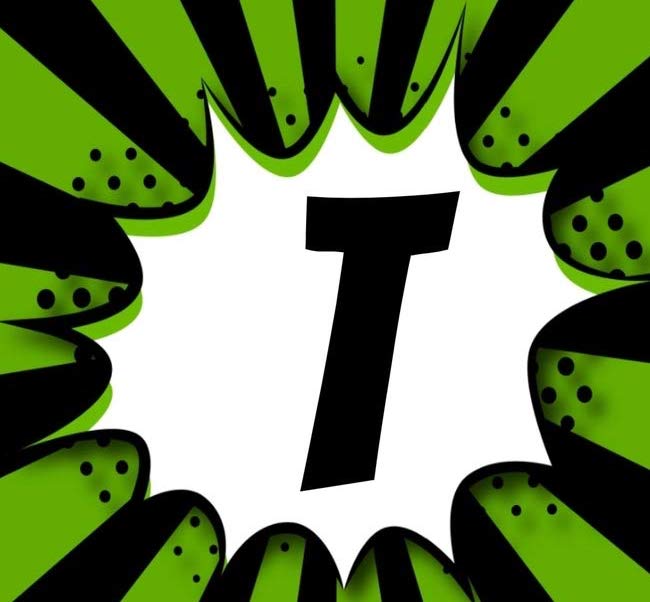 his is a university-level
course on literature, film, art, and photography--as
it is thematically focused on issues of
representation, subjectivity, psychology, and
sexuality, it should not come as a shock that
students in the class may, from time to time,
encounter characters, ideas, situations, images,
language, and scenarios that make them uneasy.
Nothing worse than a Netflix or HBO feature, but
challenging for some all the same. his is a university-level
course on literature, film, art, and photography--as
it is thematically focused on issues of
representation, subjectivity, psychology, and
sexuality, it should not come as a shock that
students in the class may, from time to time,
encounter characters, ideas, situations, images,
language, and scenarios that make them uneasy.
Nothing worse than a Netflix or HBO feature, but
challenging for some all the same.... WELCOME TO THE UNIVERSITY! The antithesis of a place of worship, the flipside of a space dedicated to faith and belief, the university is a site of questioning--a sacred space of critical thinking, skepticism, cynicism and irony. So open your eyes, jump-start your mind, and prepare to enter the choppy corridors of the always already evolving world of comics and history. 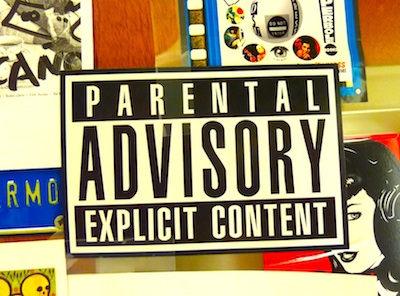 |
|||||||||||||||
| Chema Madoz Libro / Espejo, Madrid (Book/Mirror) 1992 https://www.1stdibs.com/art/photography/black-white-photography/chema-madoz-libro-espejo-madrid-book-mirror/id-a_1578583/ |
